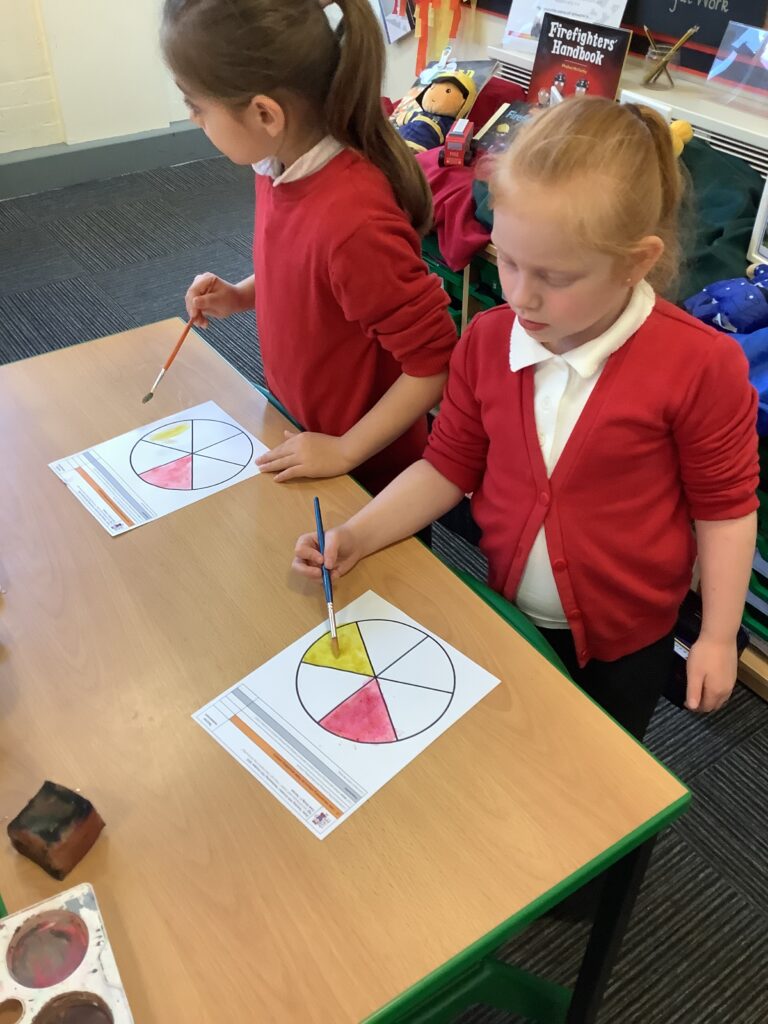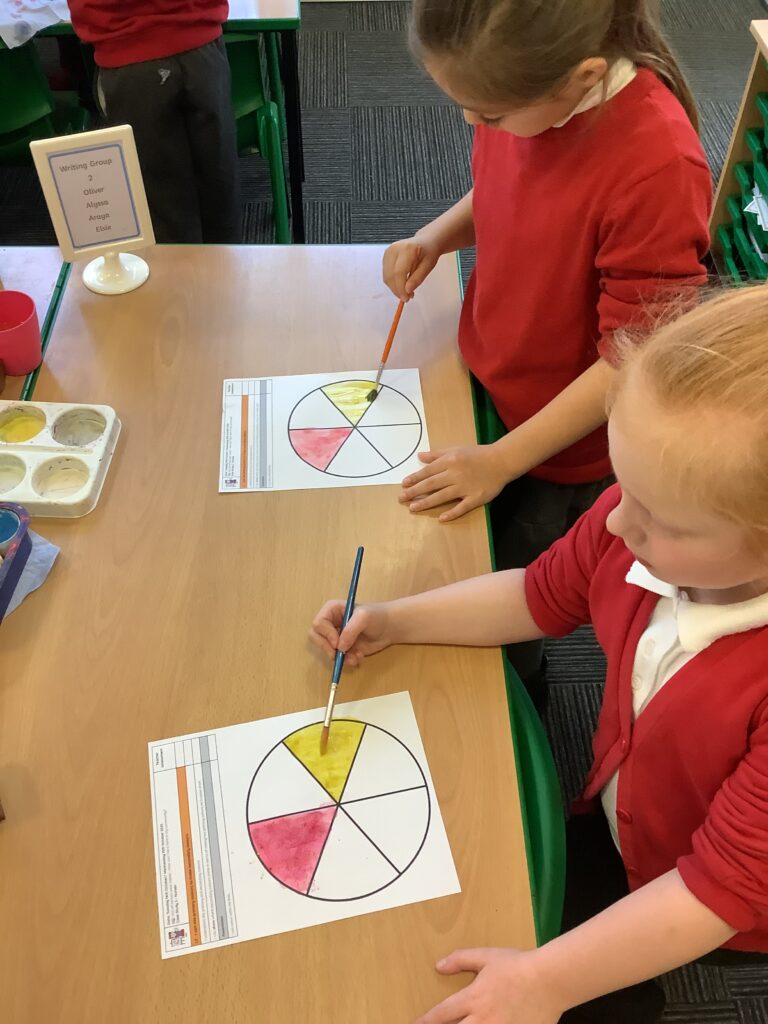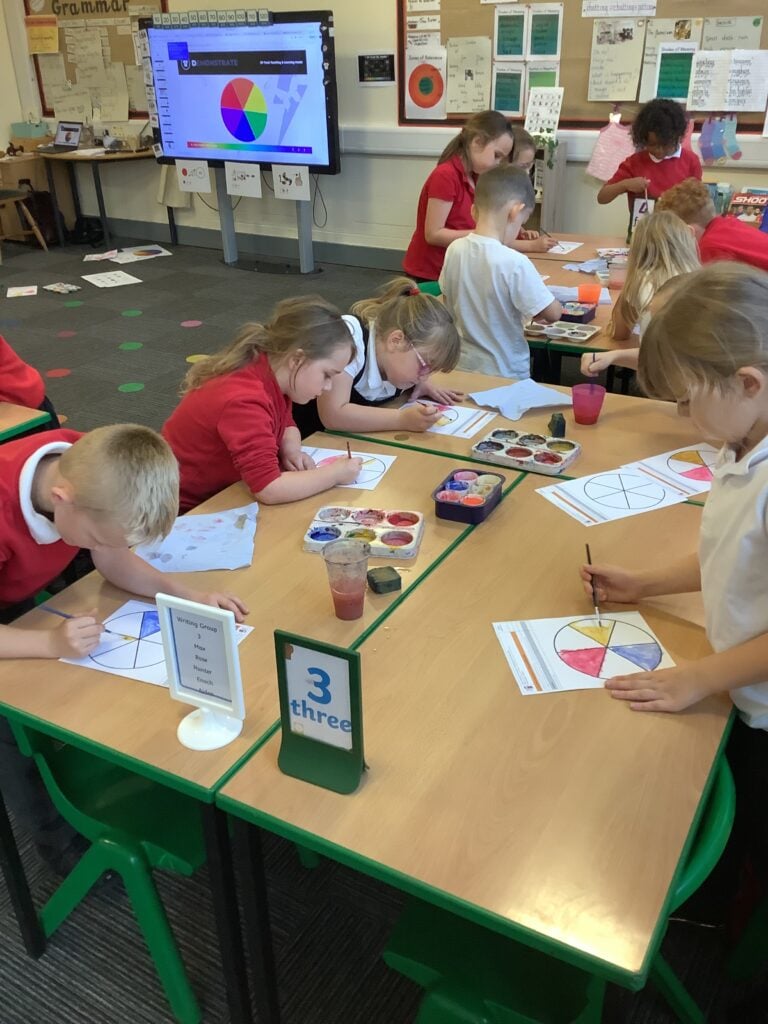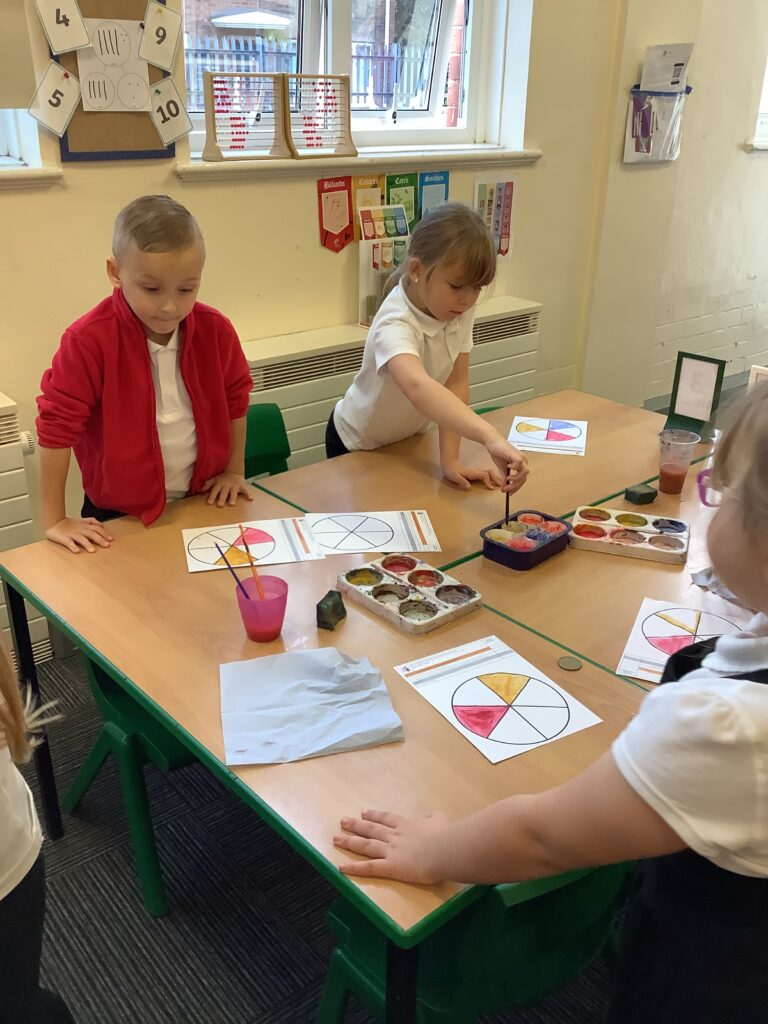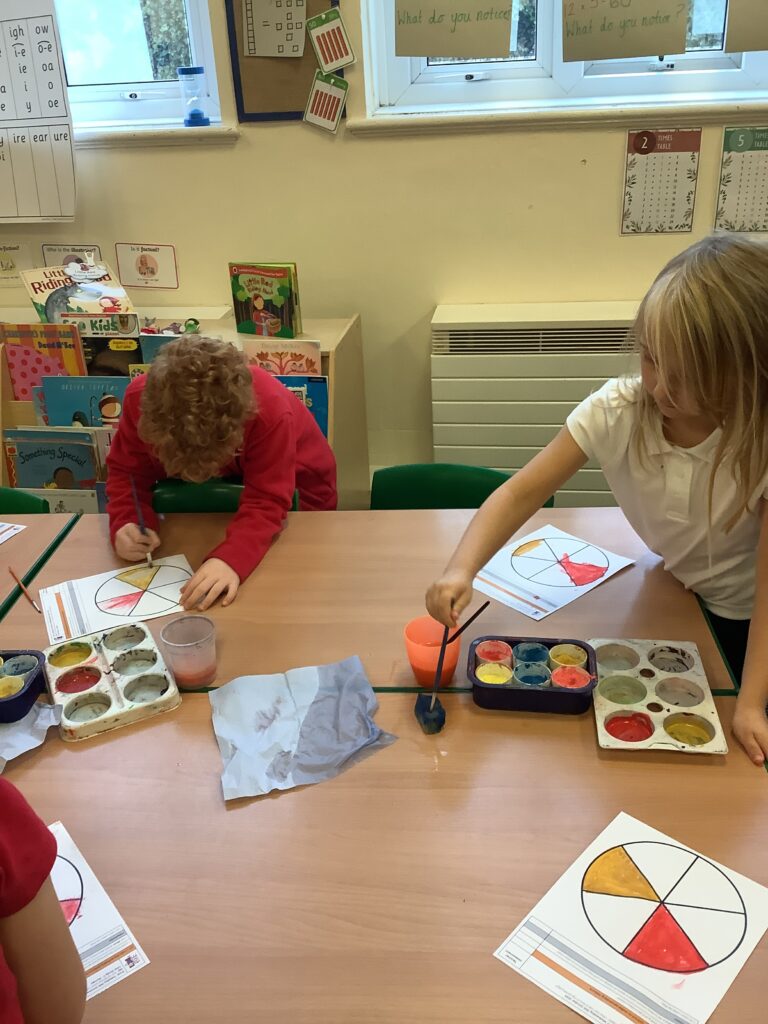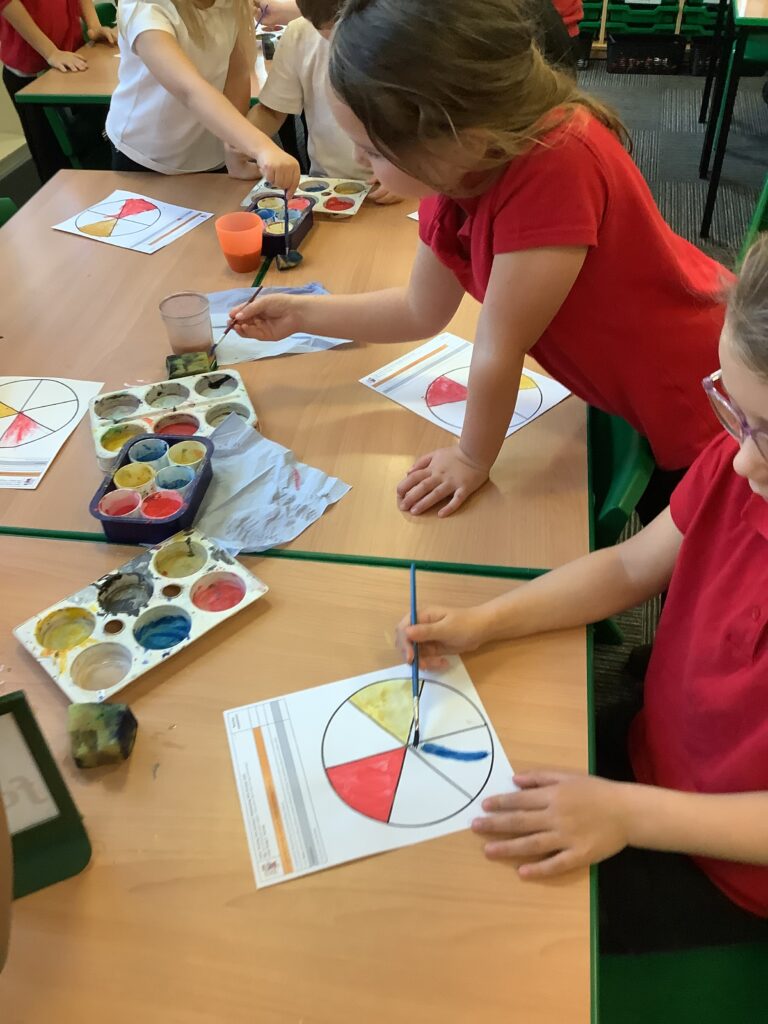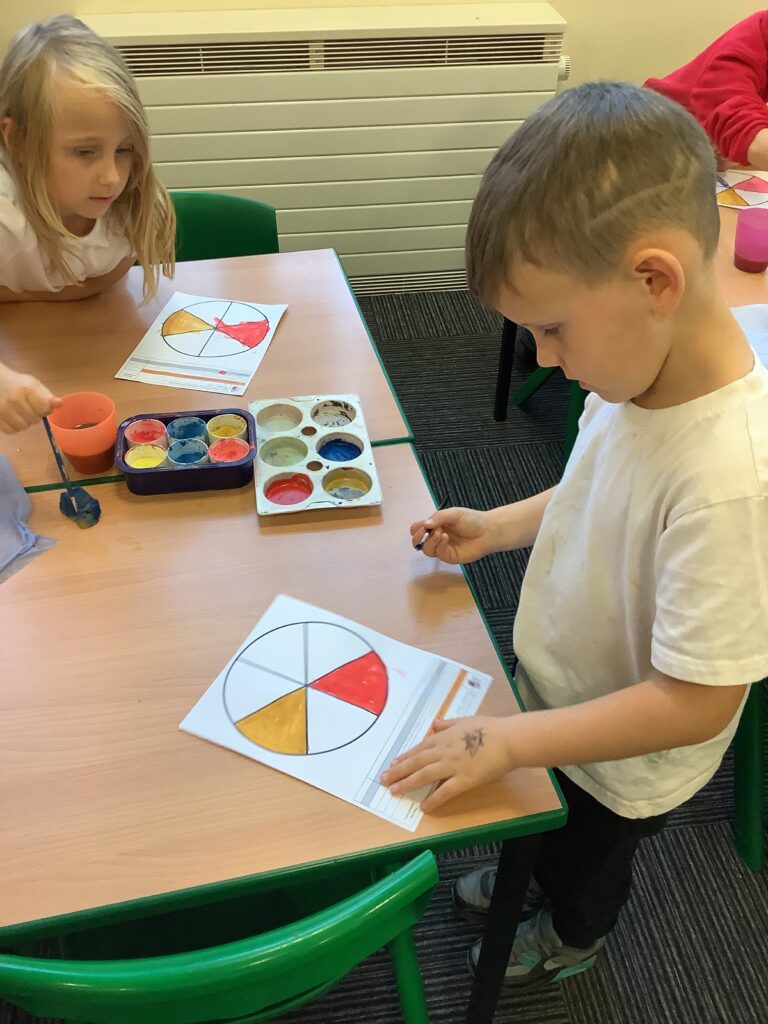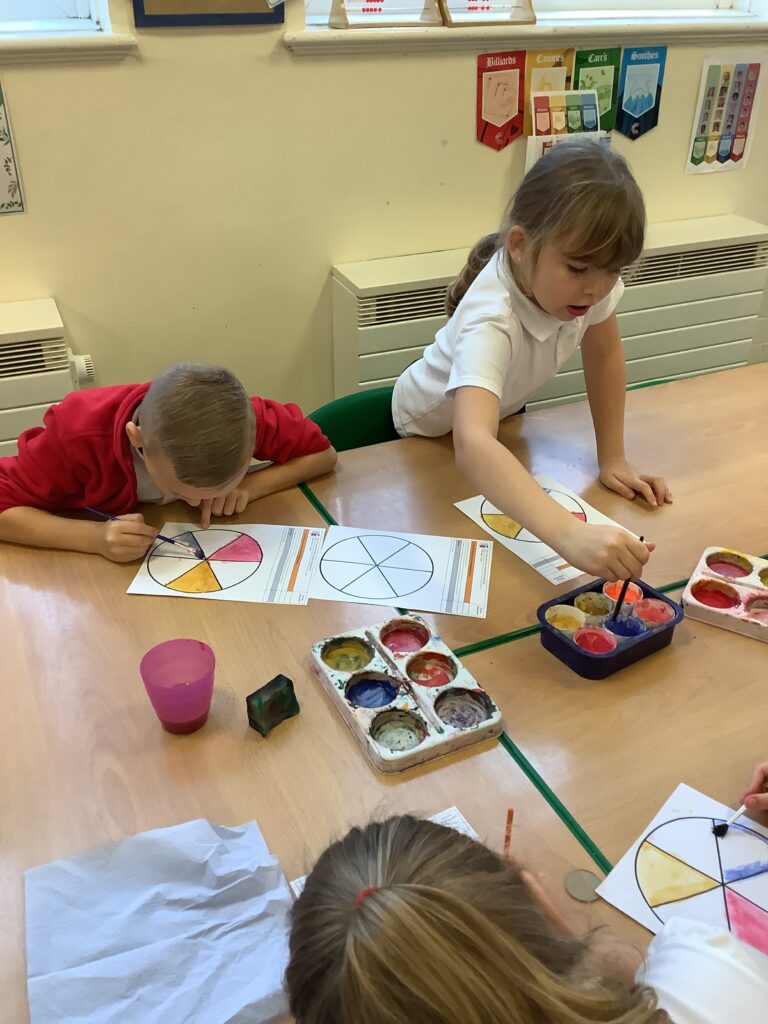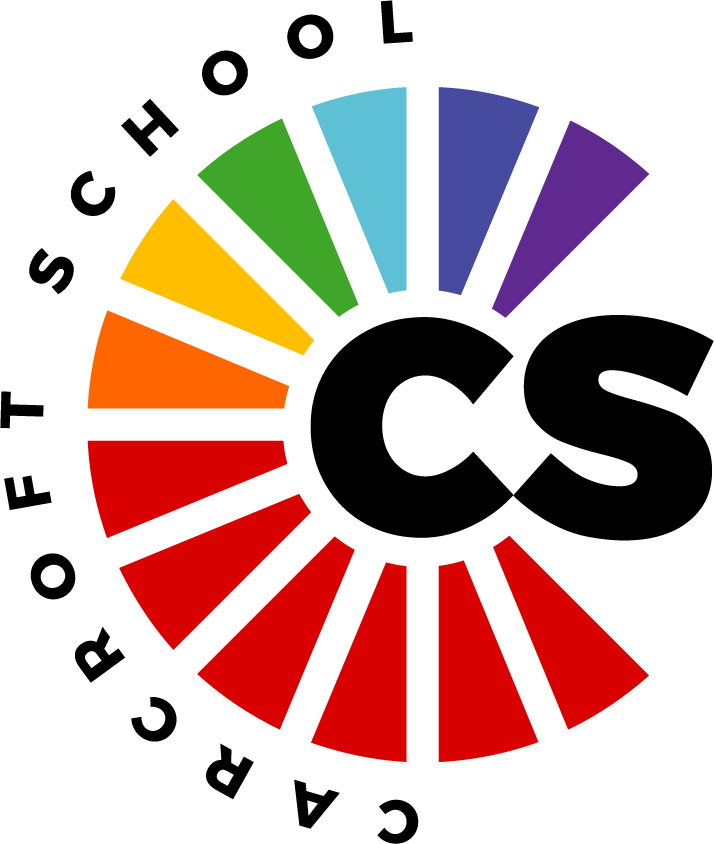This week, Year 3 and 4 have started a new unit which will focus on online safety. Both crews focused on how to be able to identify fake information and decide whether information is opinion, beliefs or fact. We used Sky News Kids which has a section on fake news or fact and this really did open the children’s eyes to the fact you can’t believe everything you see online. We discussed the importance of using reliable sources for information or to fact check things when we are unsure.
Category : Front Page News
Post inside this category will show up on the front page
Year 4 Book Club
Some pupils in Year 4 have been selected to participate in the Chapter One – Book Club. The first session was today and they throughly enjoyed themselves. This club will help to boost confidence and enjoyment in reading.
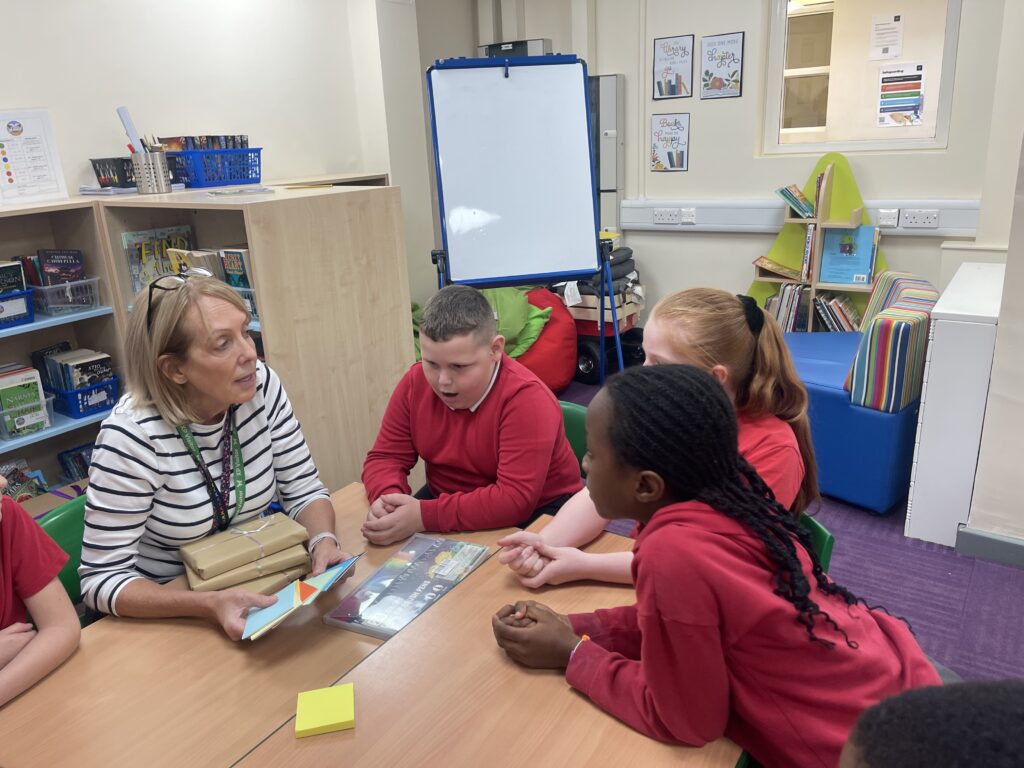
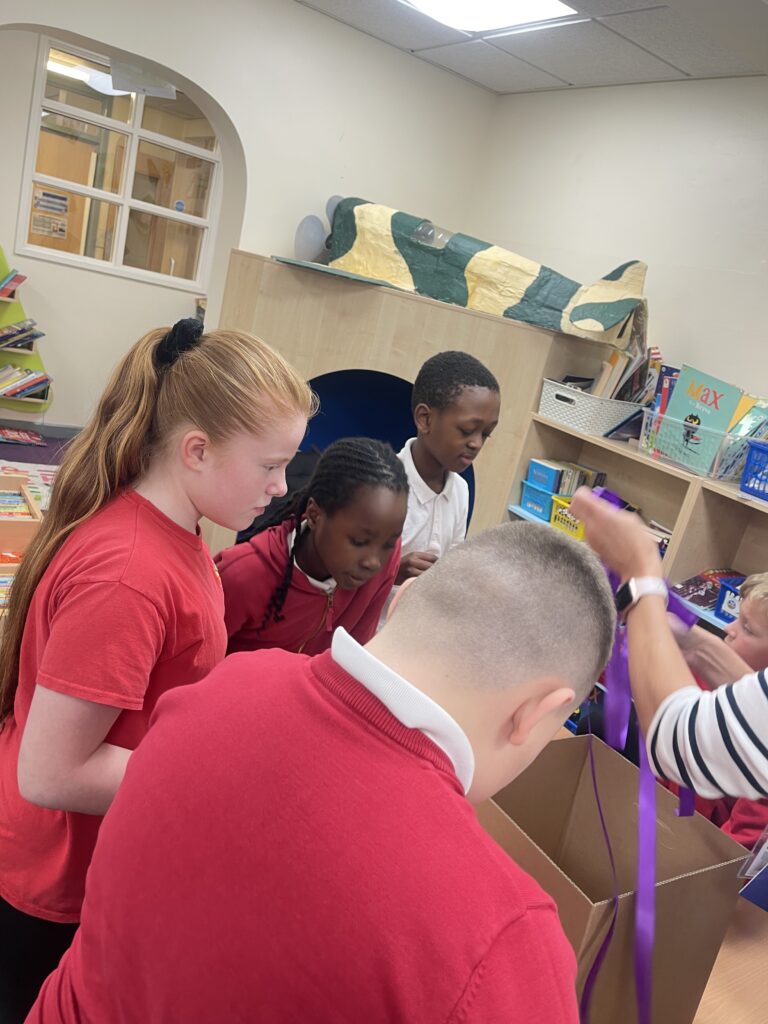
Reading Superstars
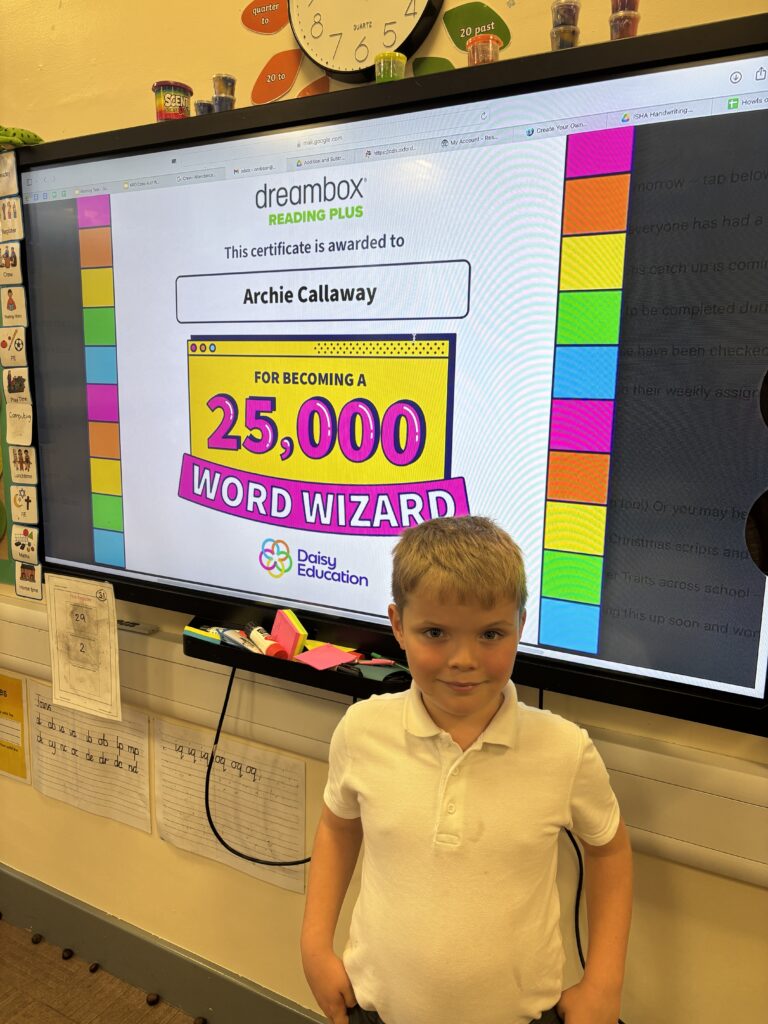
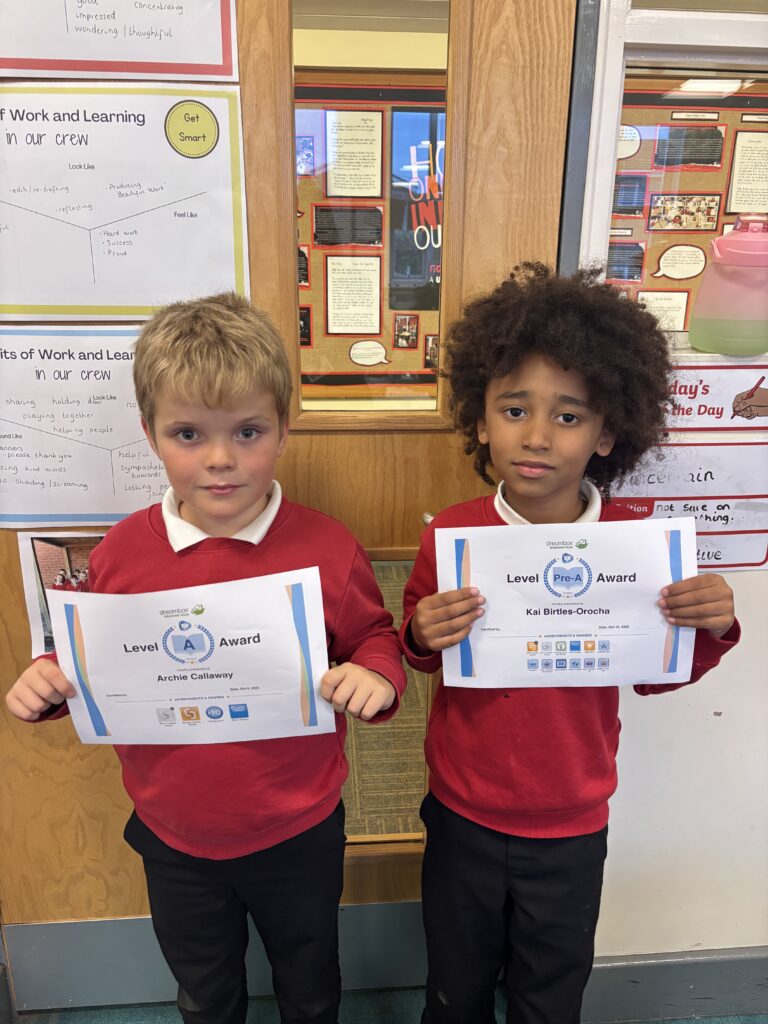
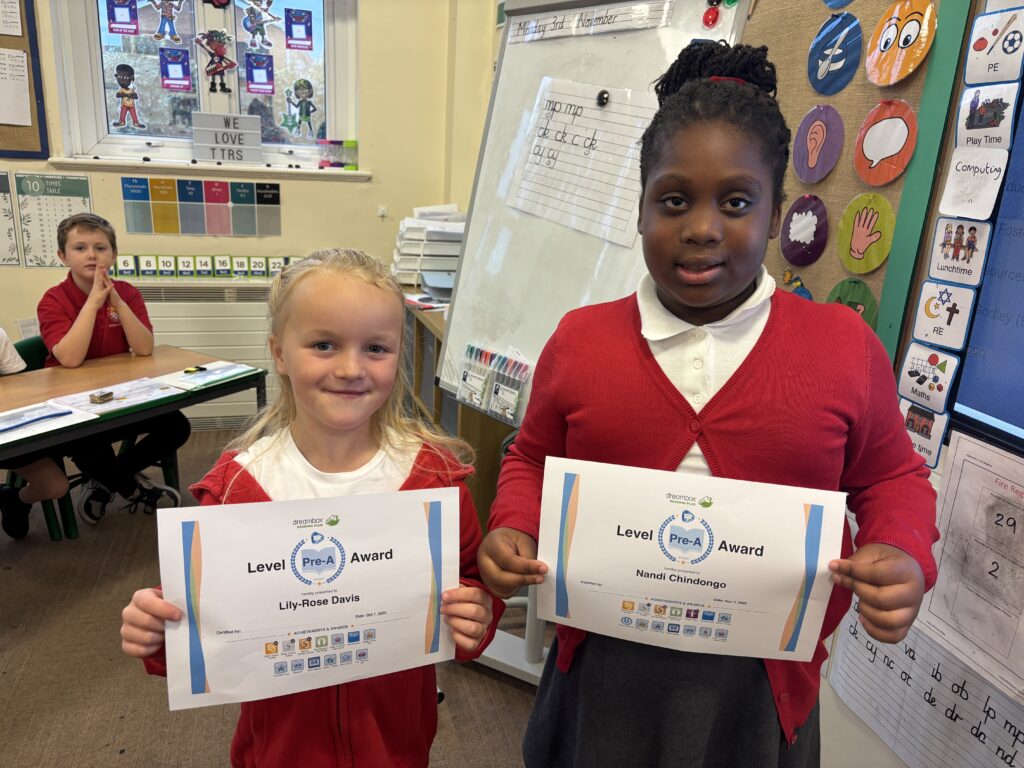
A huge shoutout to these children who are absolutely smashing reading plus at the minute.
All these children have achieved their Pre-A awards and Archie has been recognised as a word wizard too!
Keep it up!
We’re looking for a SEND Learning Coach at Green Top!
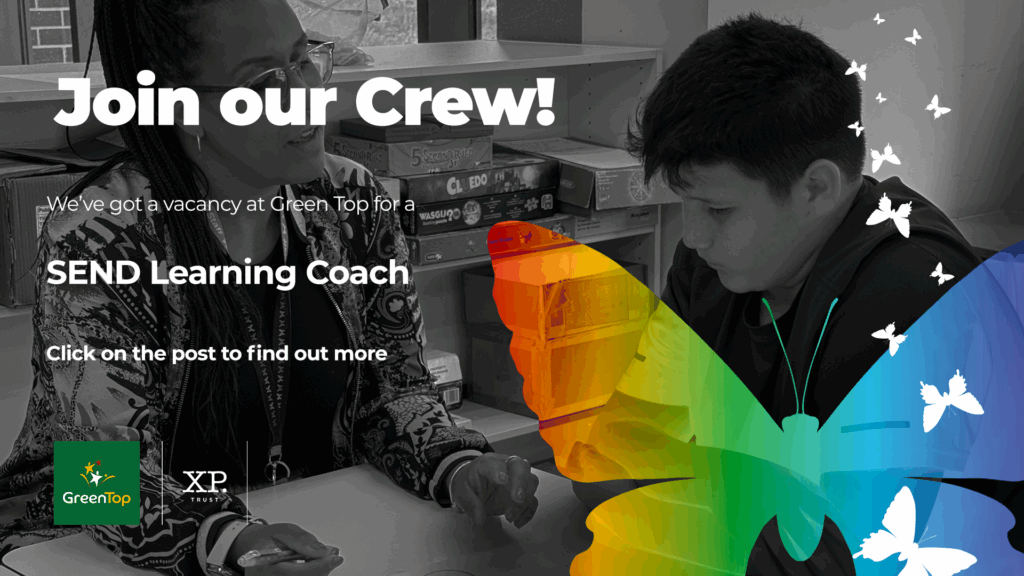
Find out more and apply here to #JoinOurCrew: https://xptrust.org/green-top-send-learning-coach/
Sharing our Stories 17/10/2025
Beautiful work this week
Here’s a selection of beautiful work from across the XP Trust!
To read about other stories from across the XP Trust, visit xptrust.org.
Top of the Blogs
Two NJS Teams enjoy success! @ Norton Juniors
Expert Visitor – Ed Miliband @ Norton Infants
Crew Peake – Shining stars! @ XP East
Congratulations to Hannah in G28 Crew Frank! @ XP Gateshead
Share your stories with us!
Story Maps for the Lorax
This week, Crew McLoughlin have used story maps to plan their independent writing. They came up with lots of amazing different endings of how The Lorax might end. Using their story maps, they organised their ideas and thought carefully about how to bring the story to a happy ending. At the end of the lesson, a few brave volunteers stood in front of the class to share their wacky and wonderful alternative endings.
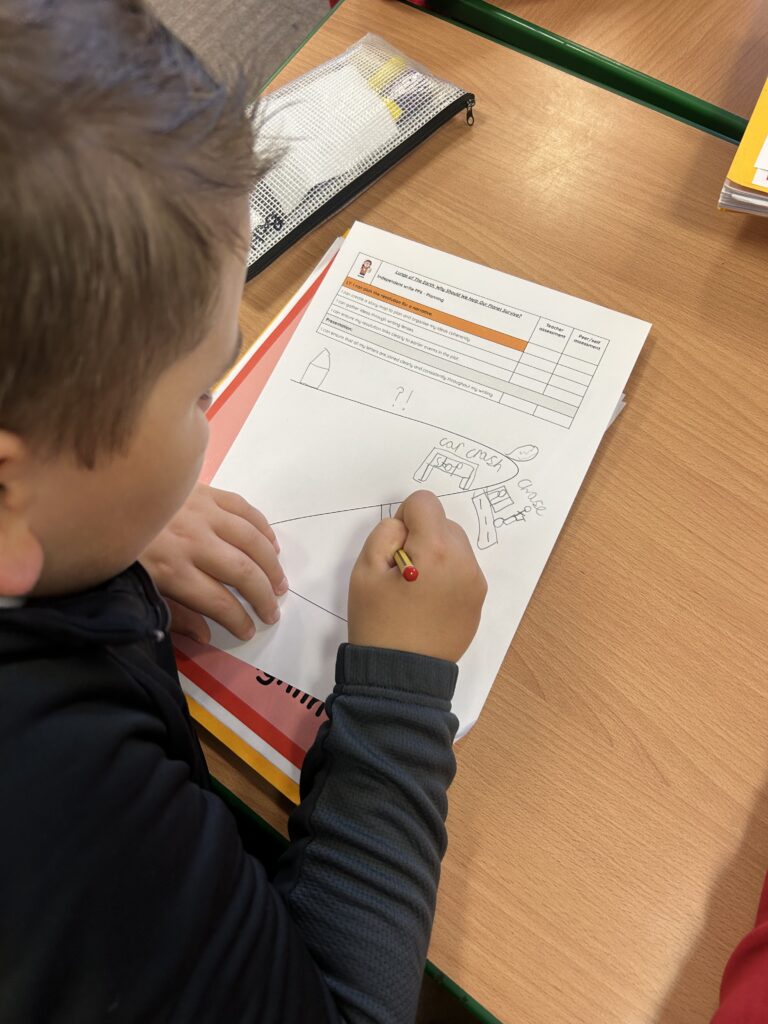
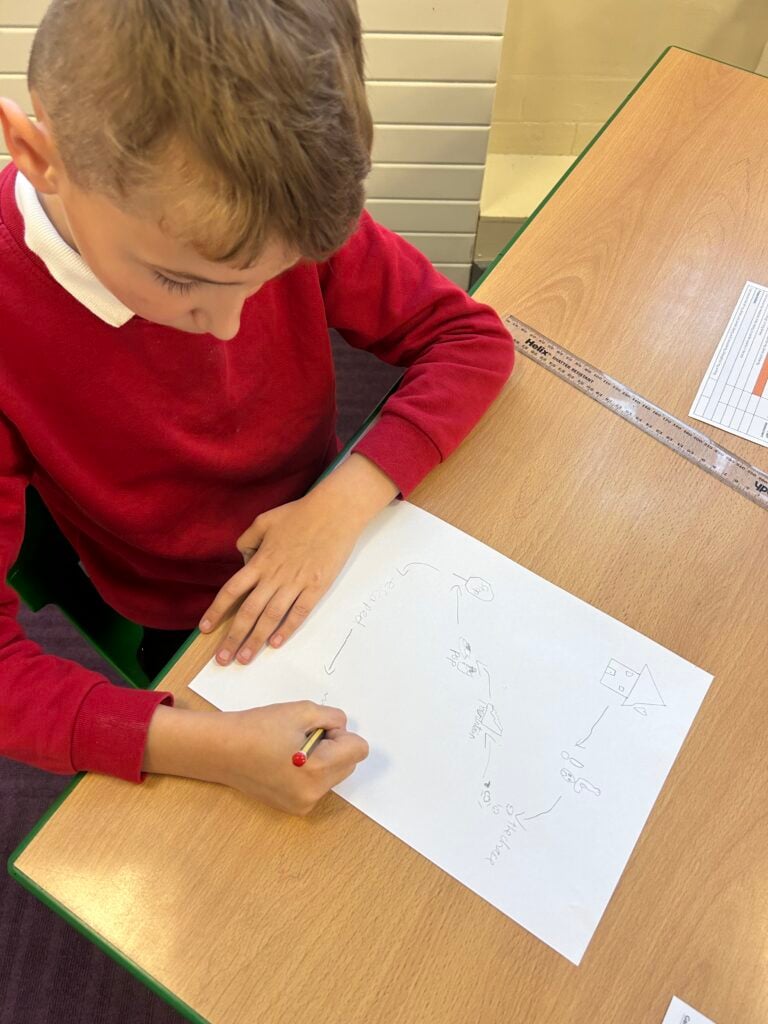
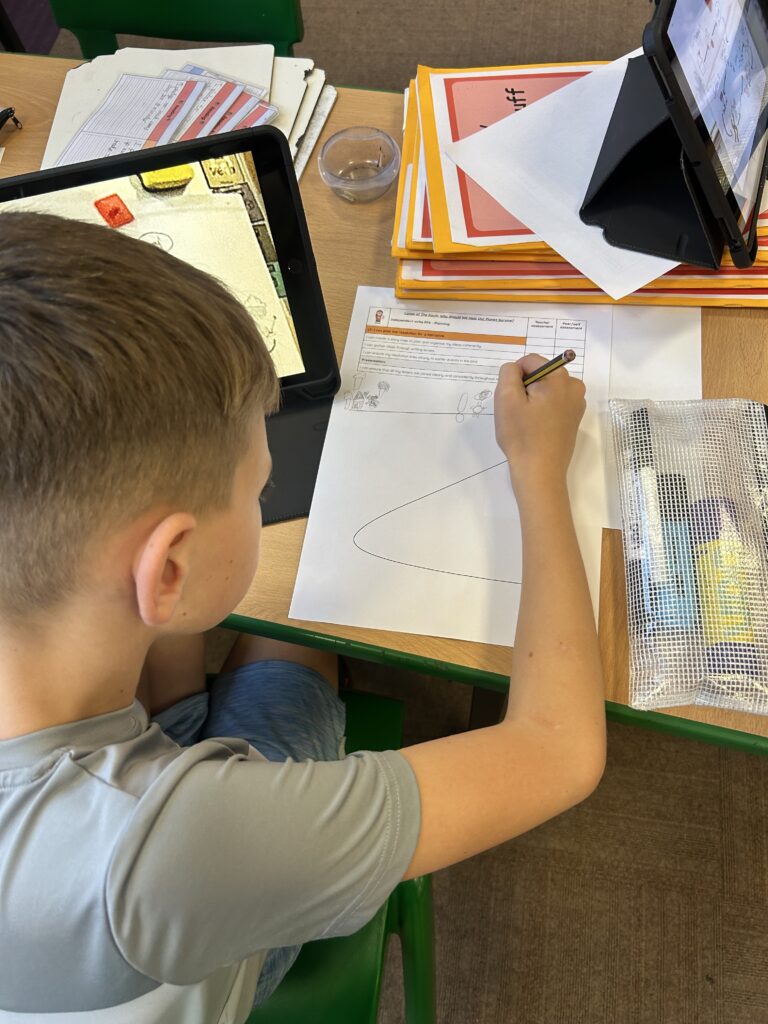
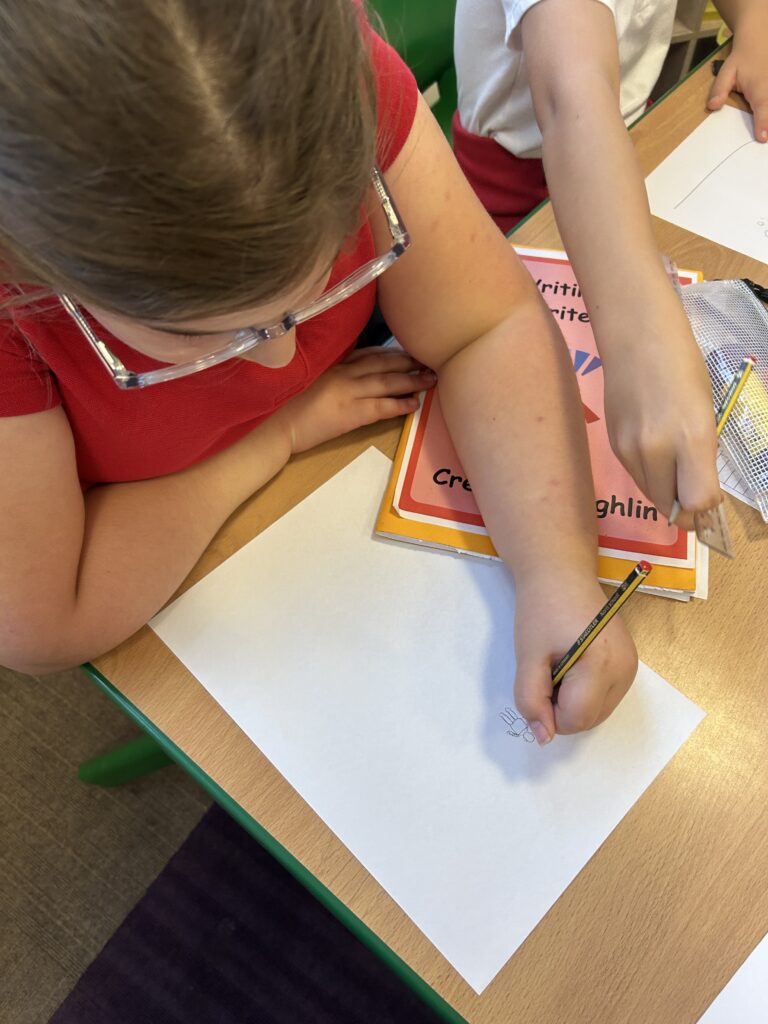
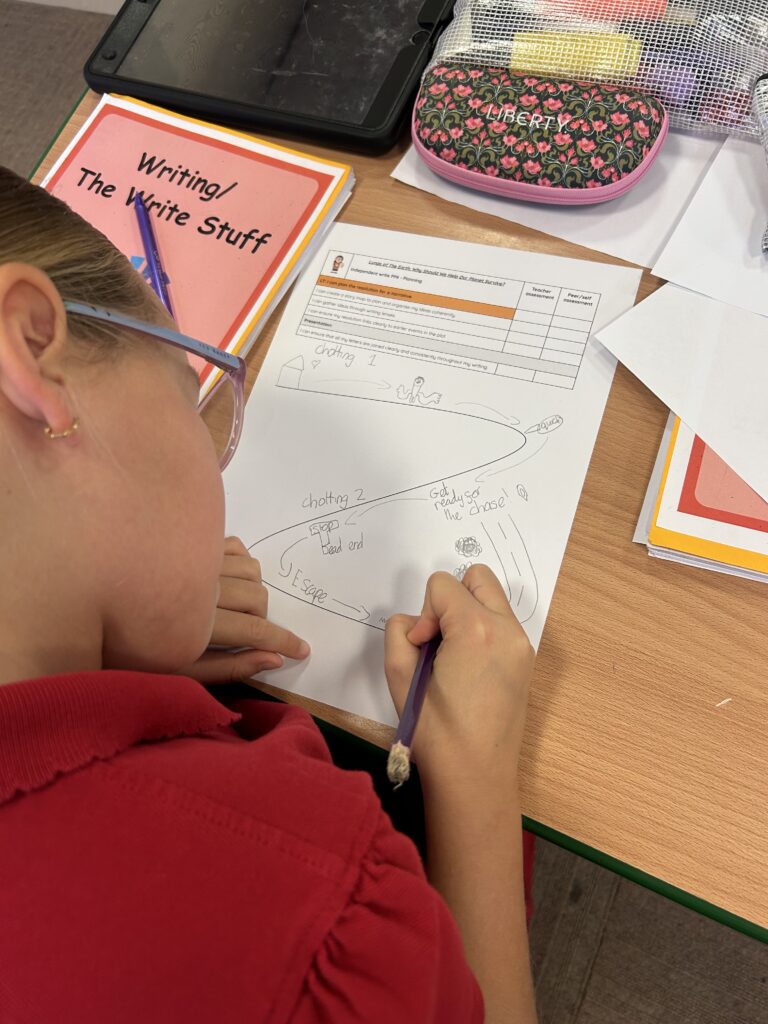
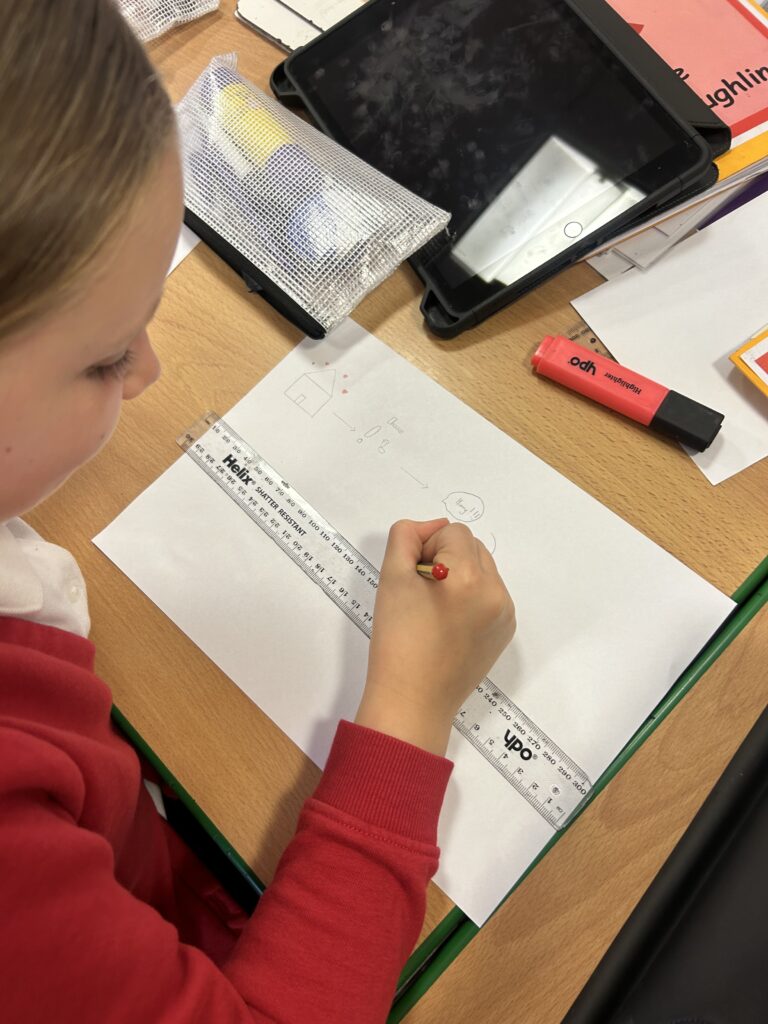
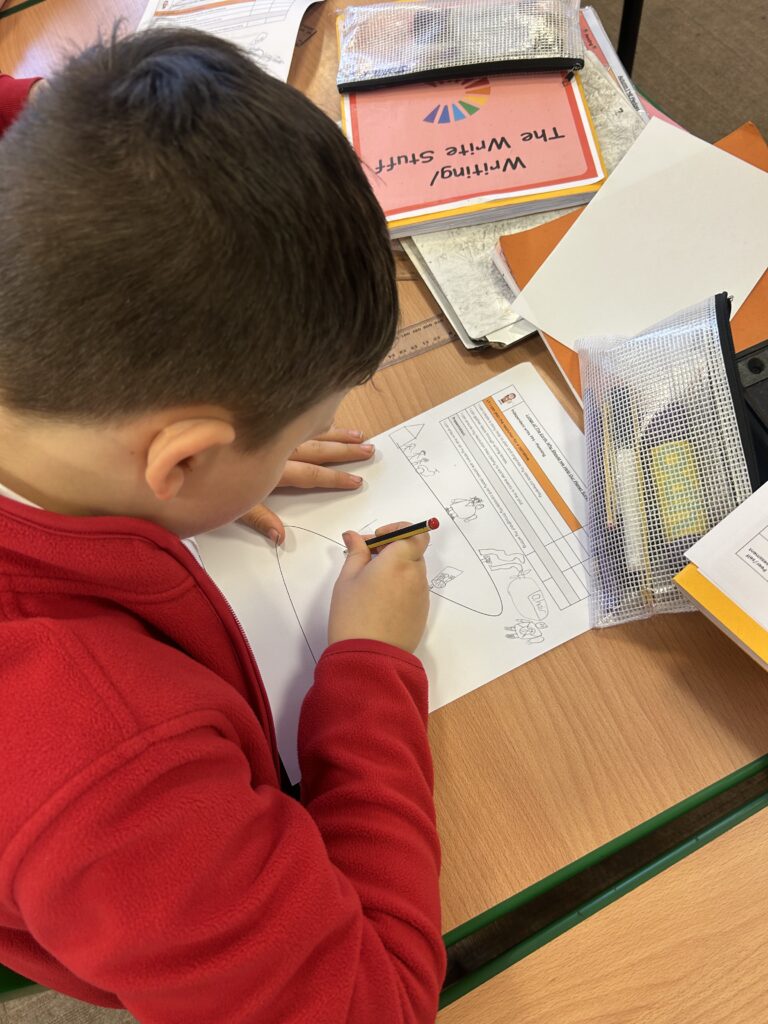
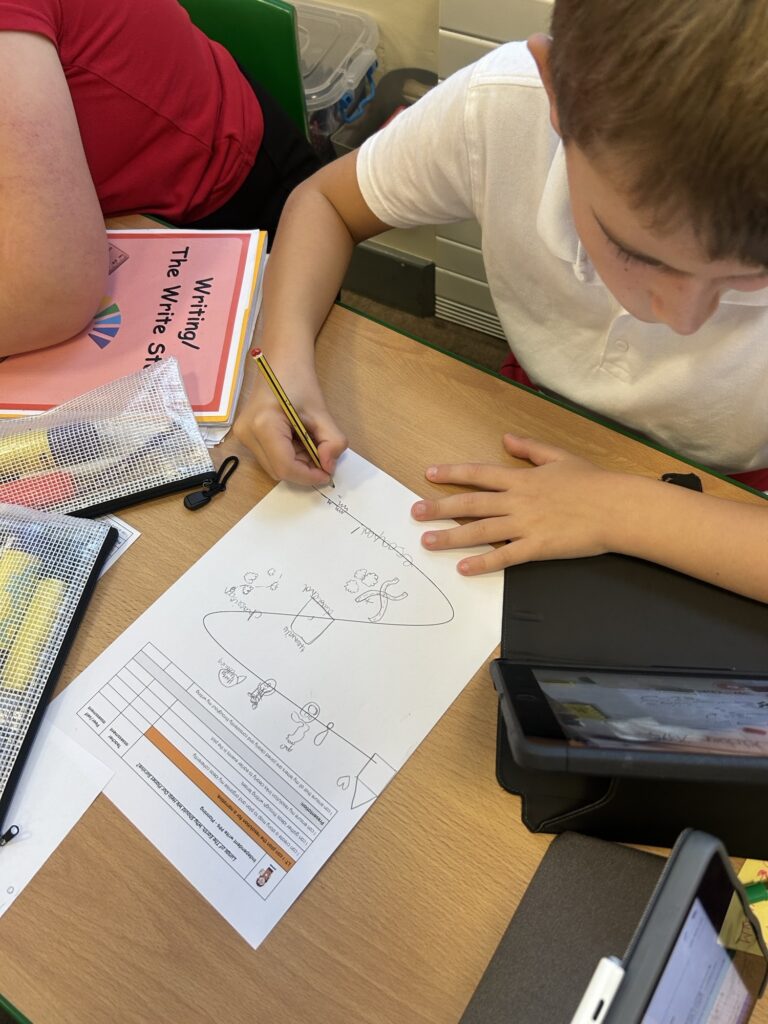
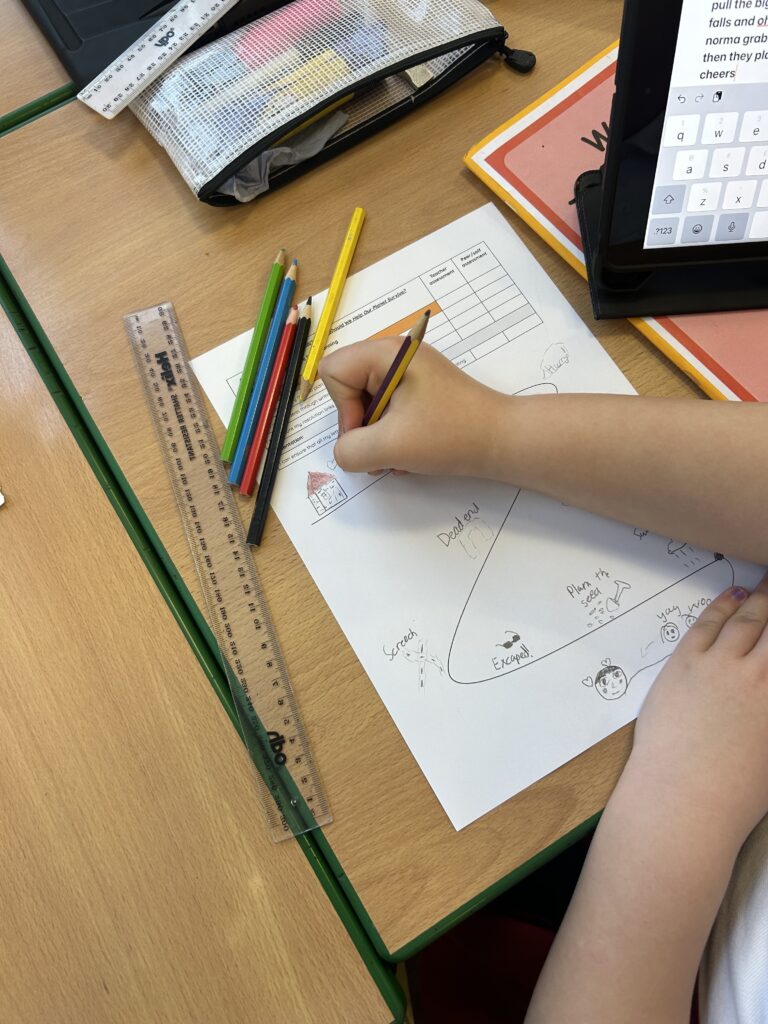
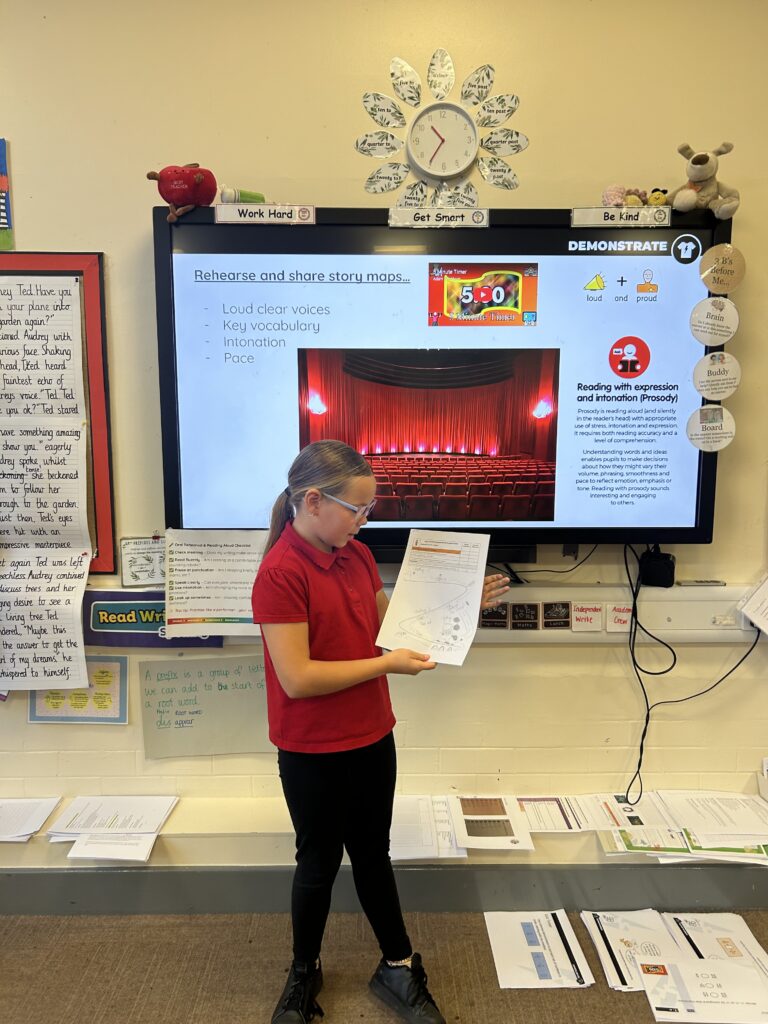
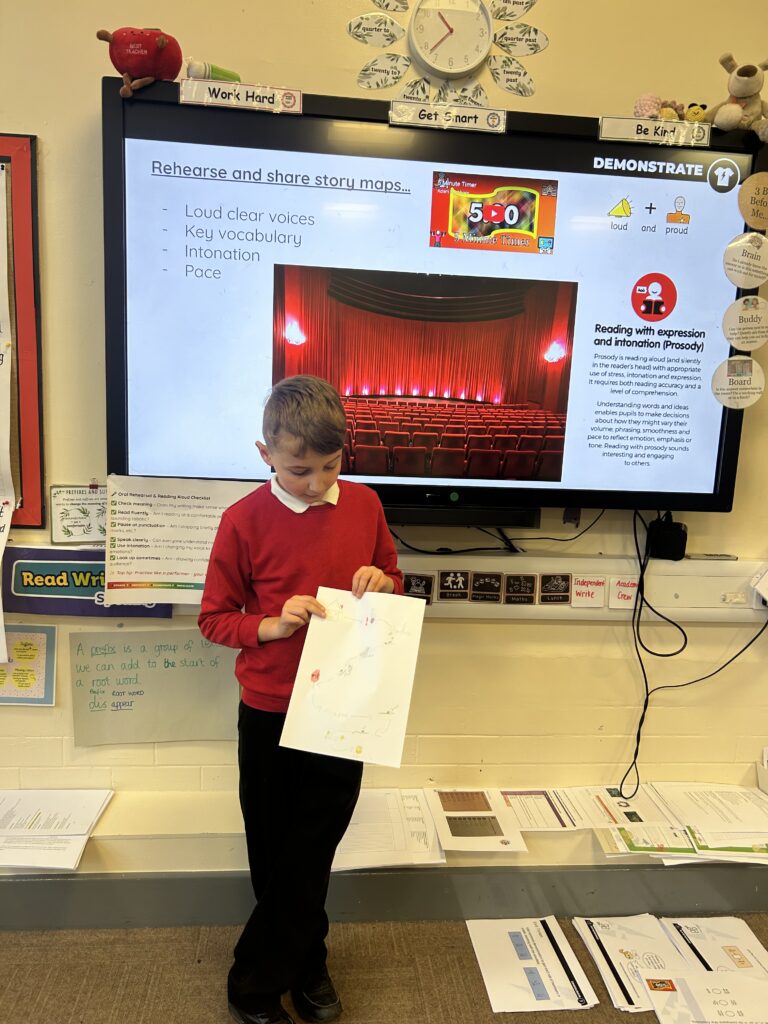
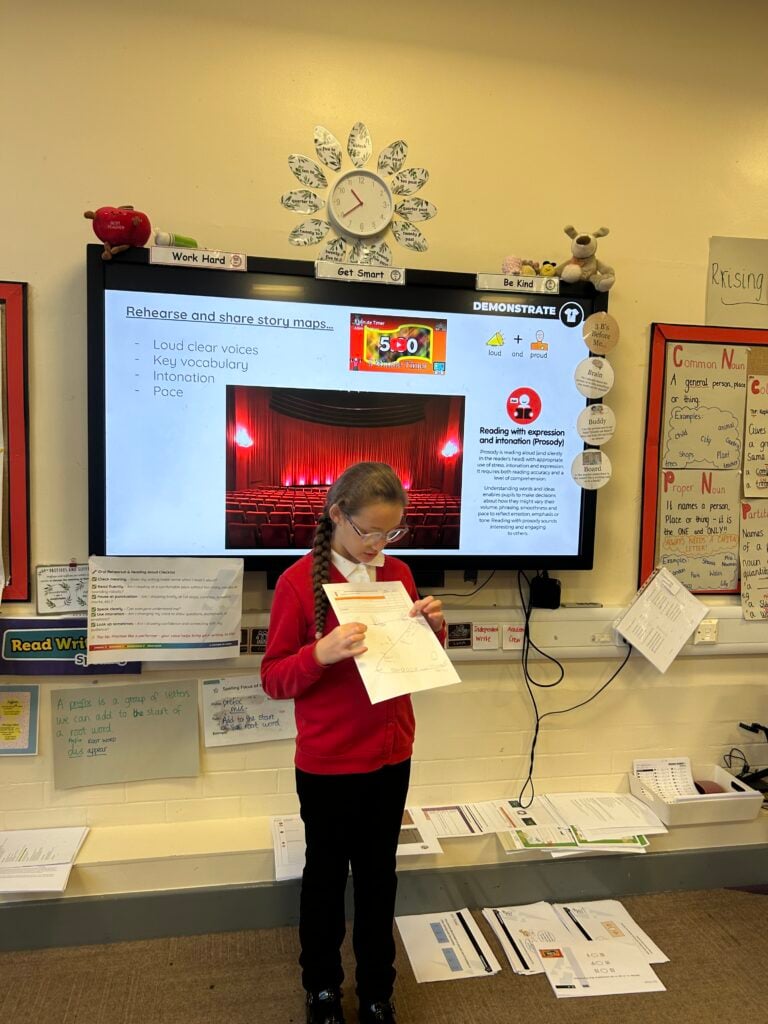
Pumpkin carving
Today Crew Haddock enjoyed craving pumpkins ready for halloween.
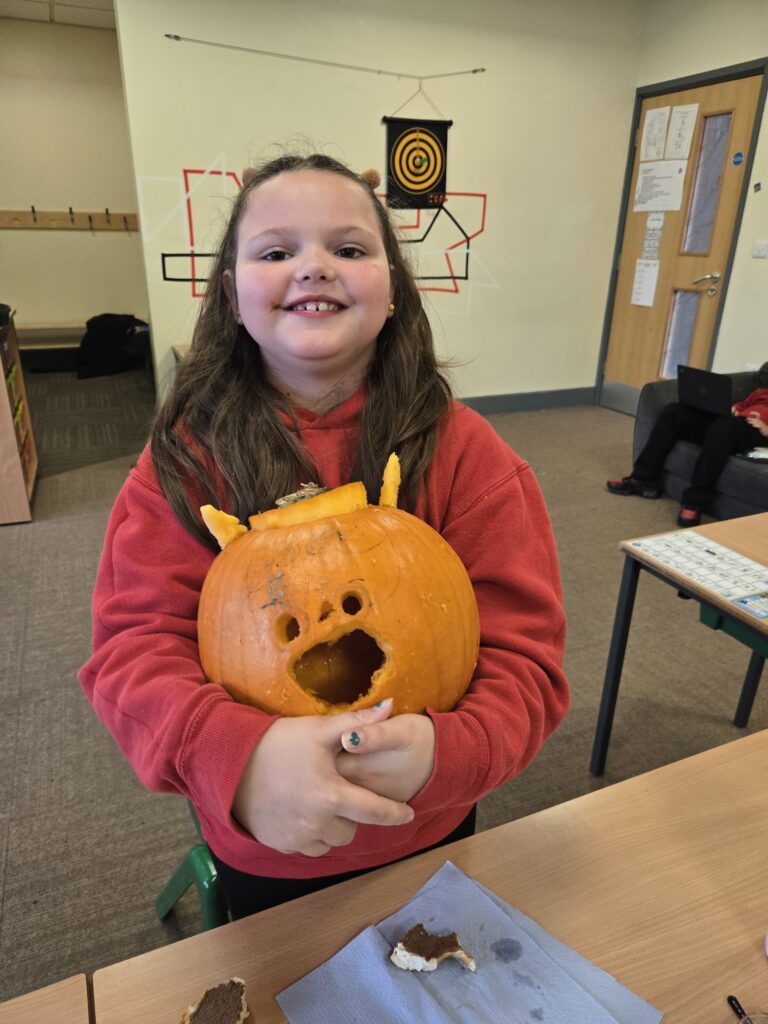
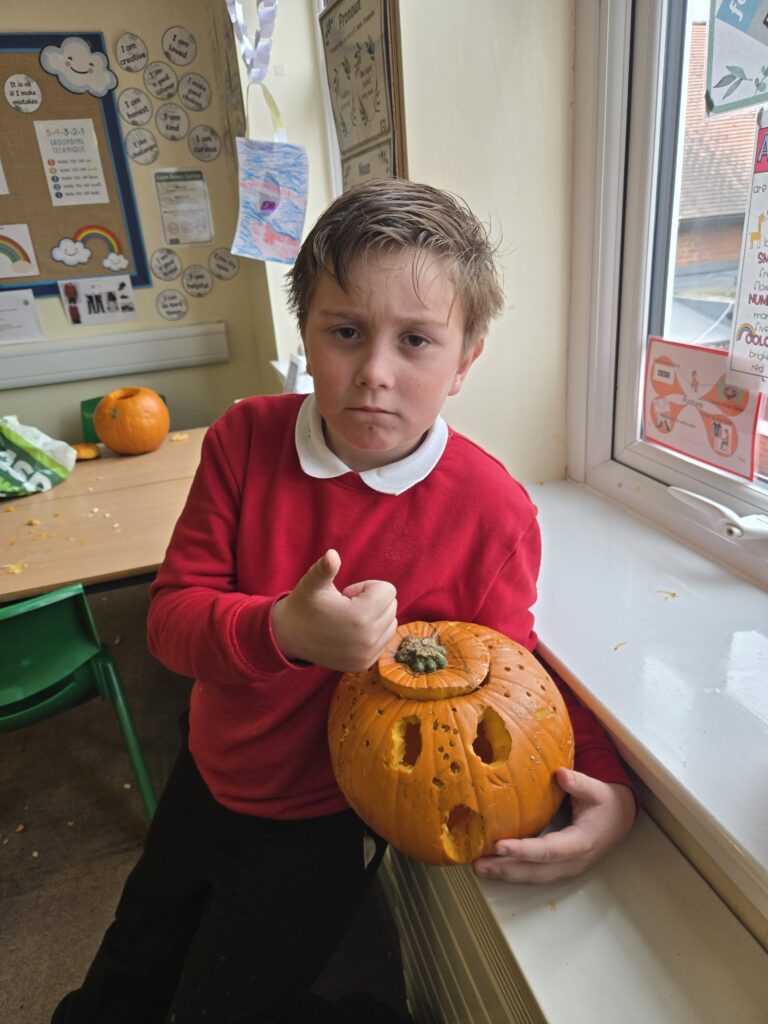
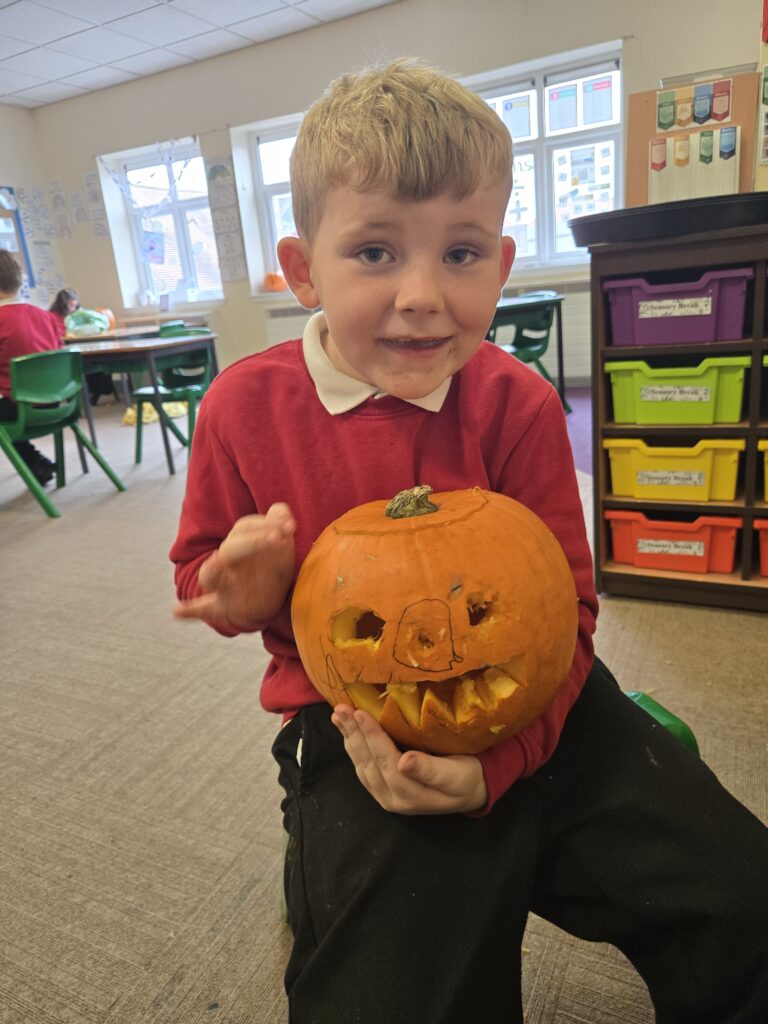
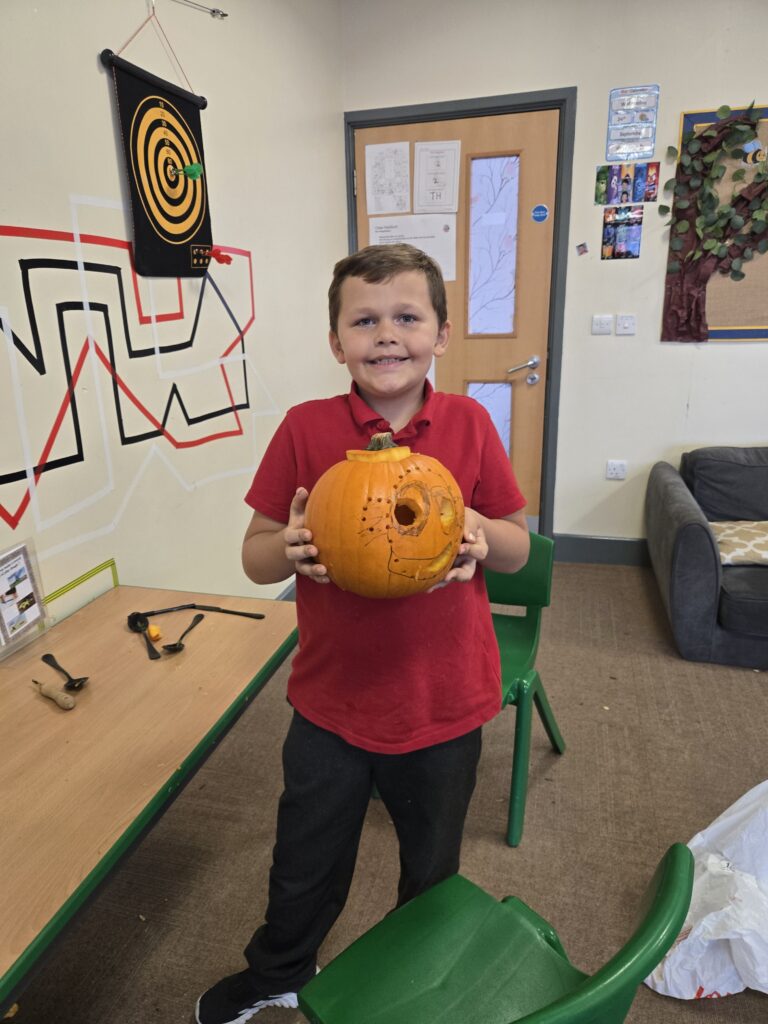
Crucial Crew!
Year 6 had a fantastic time on our trip to Crucial Crew! We learnt so much throughout the day, including important lessons about road safety, bus safety, knife crime, and antisocial behaviour. Each activity helped us understand how to make sensible choices and stay safe in different situations.
It was a really fun and interesting day, and we’ll definitely remember and use what we’ve learnt as we move forward.
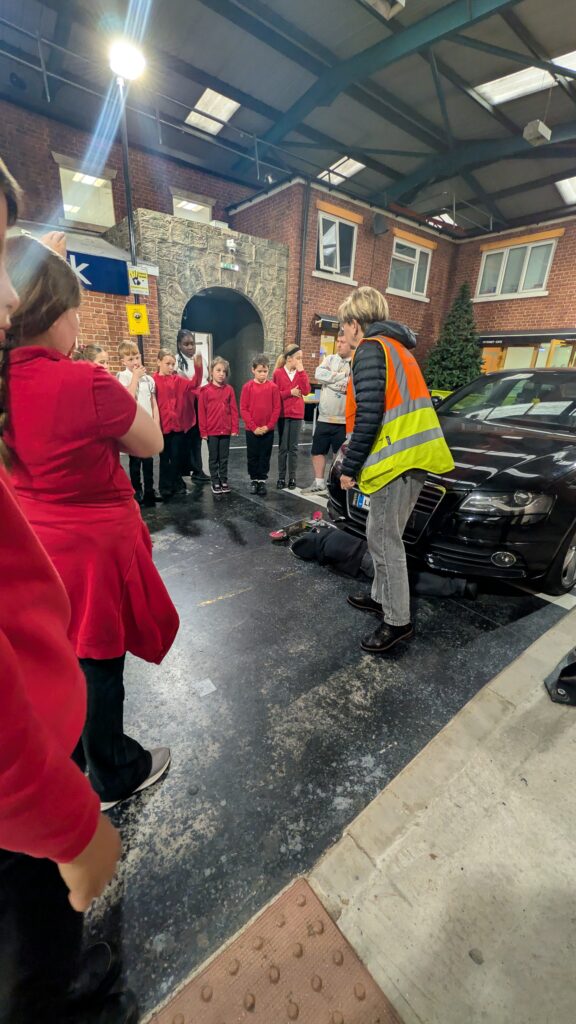
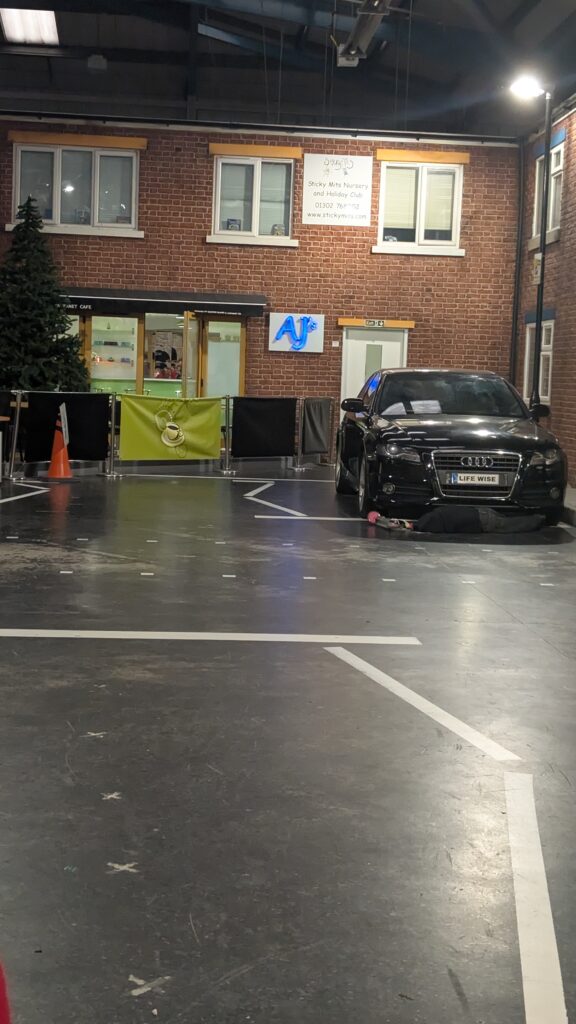
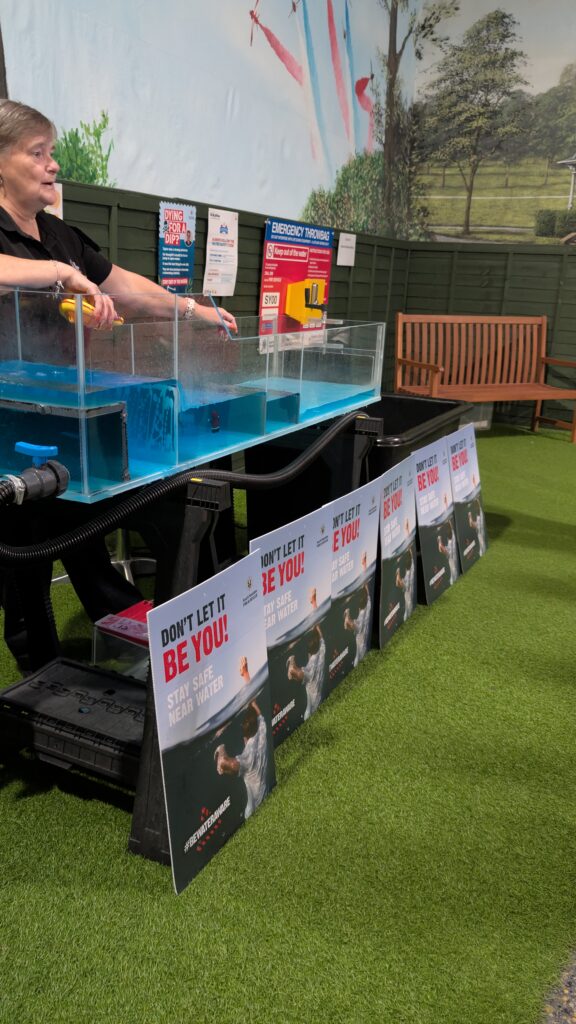
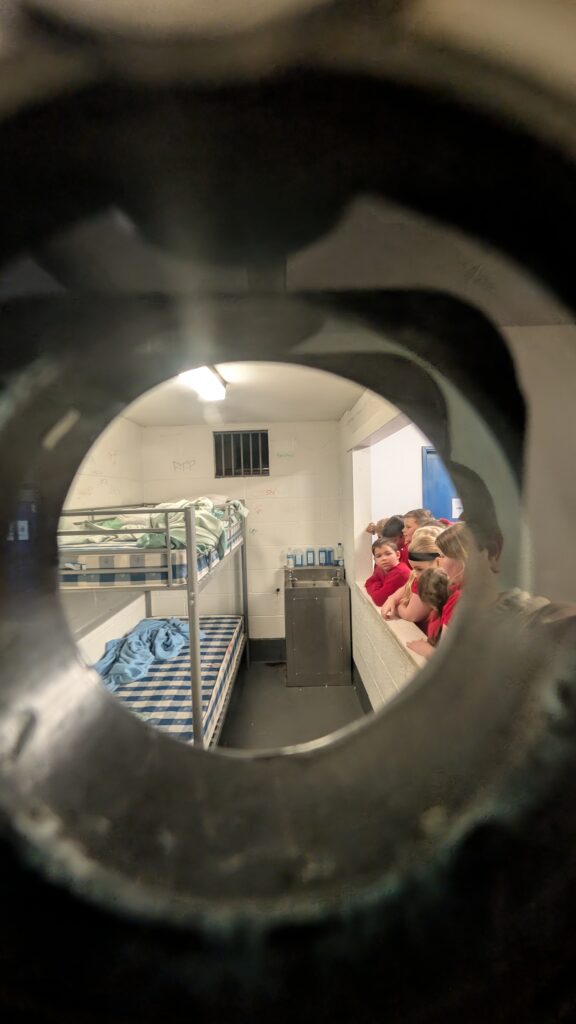
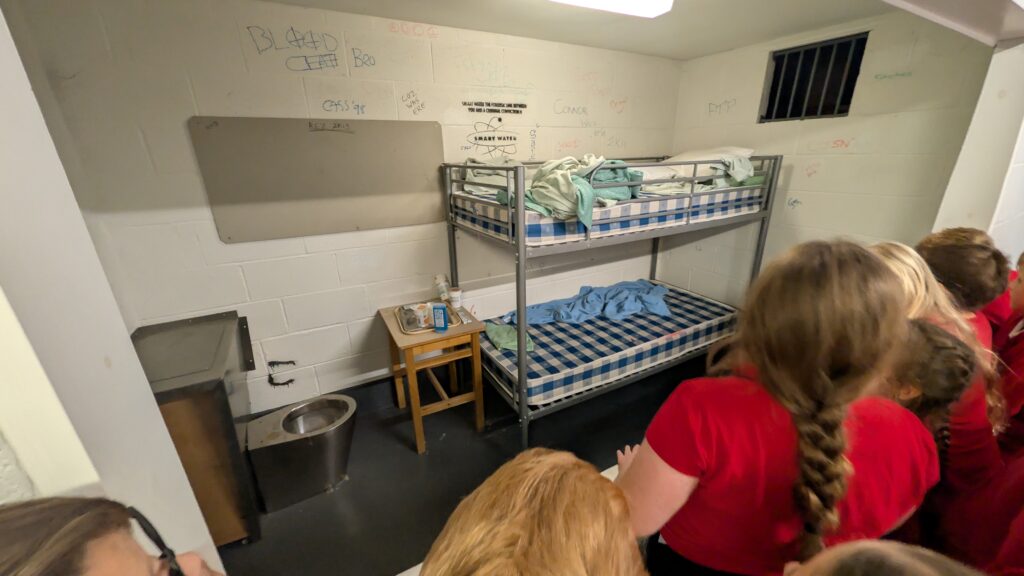
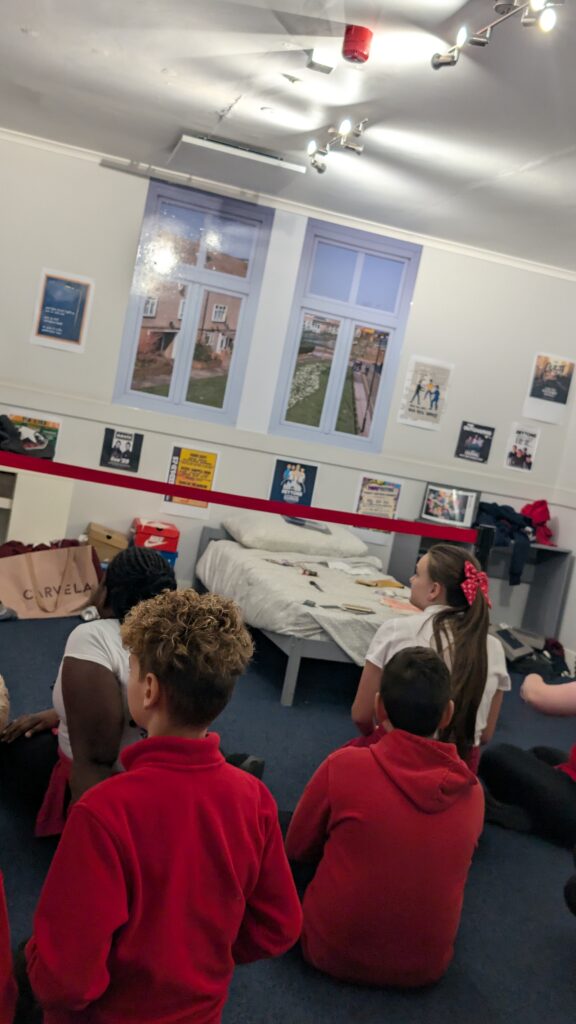
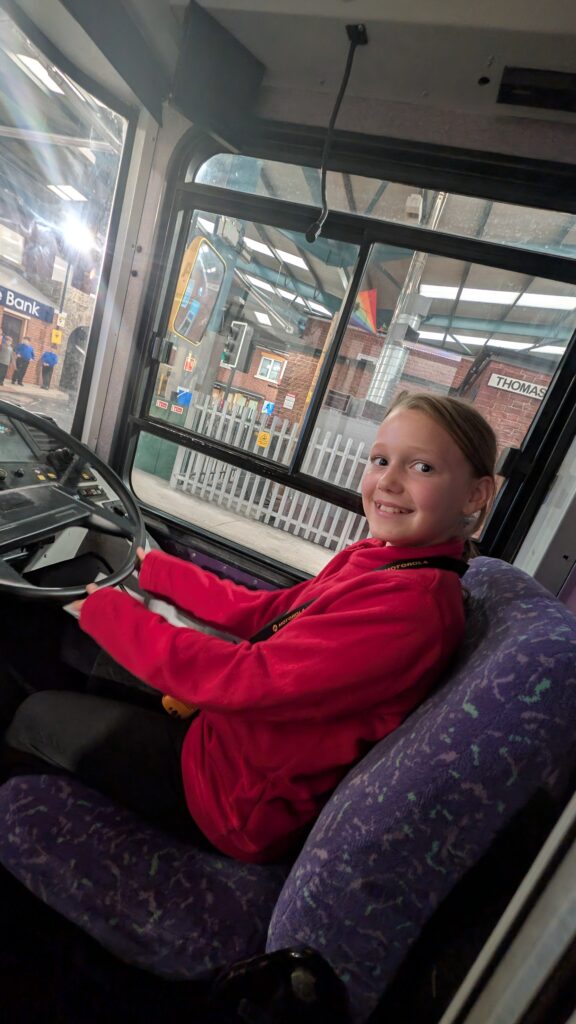
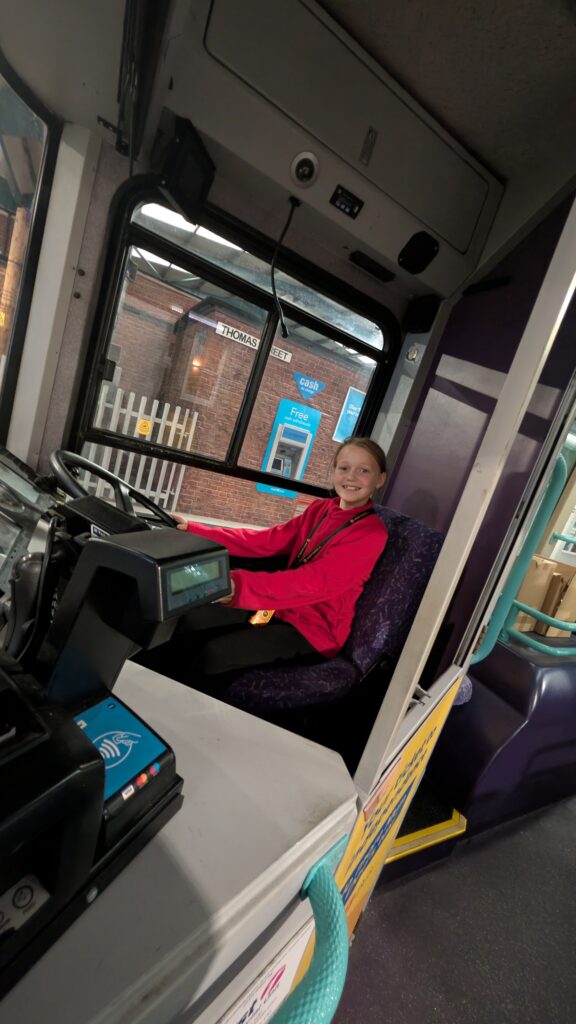
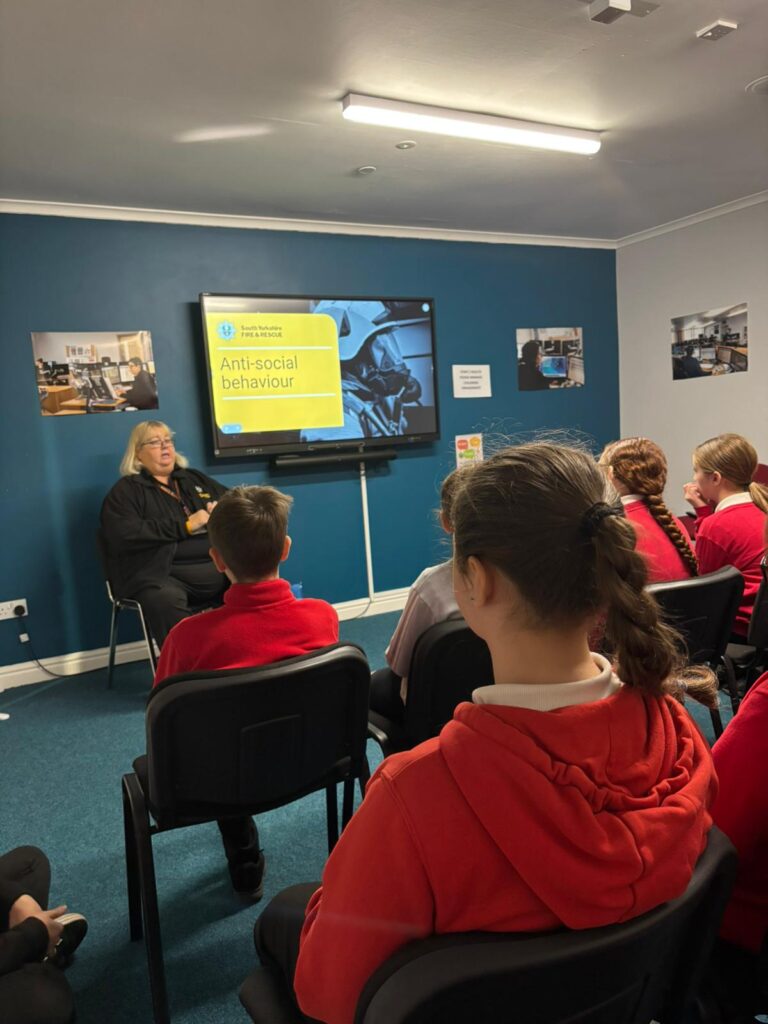
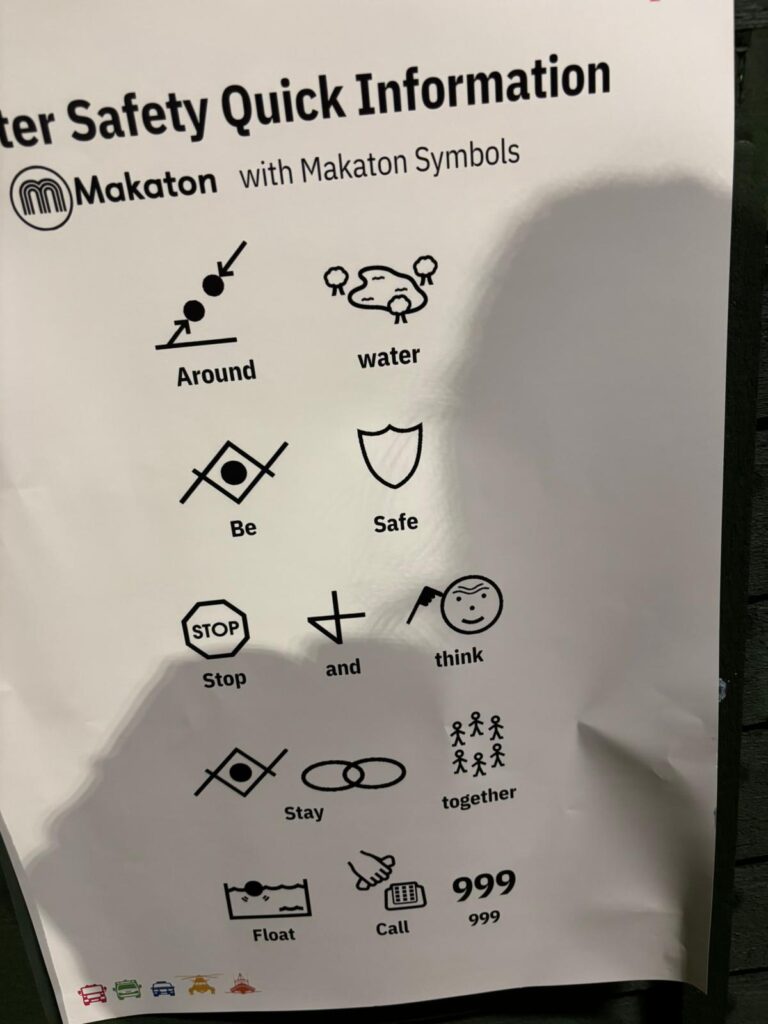
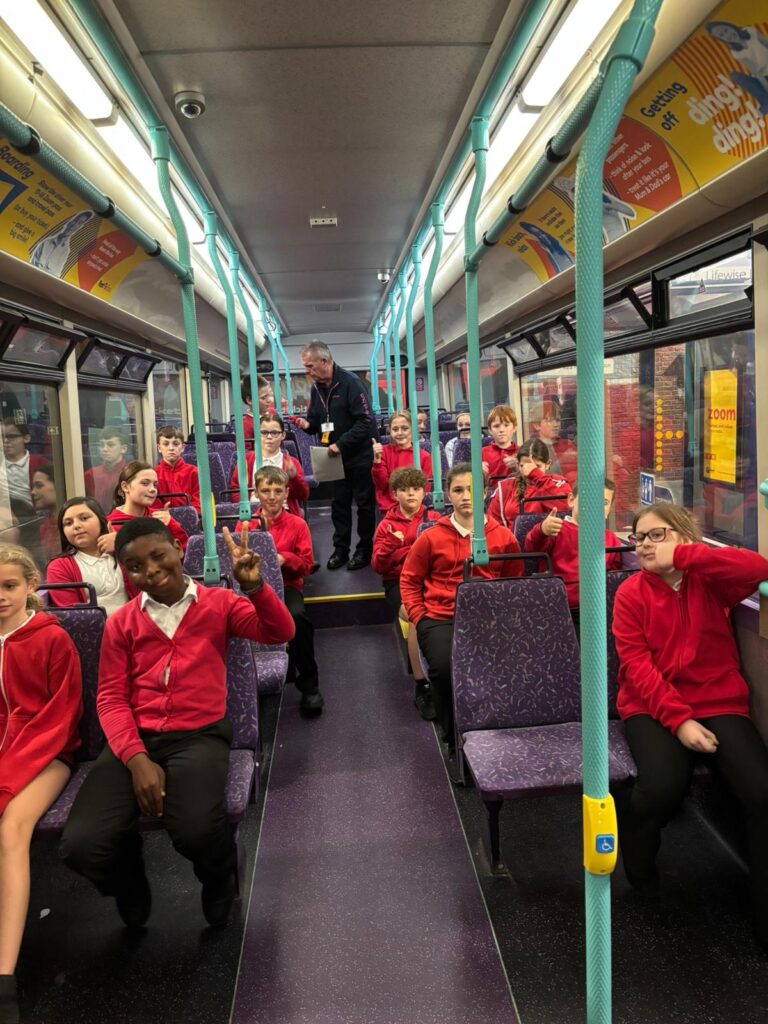
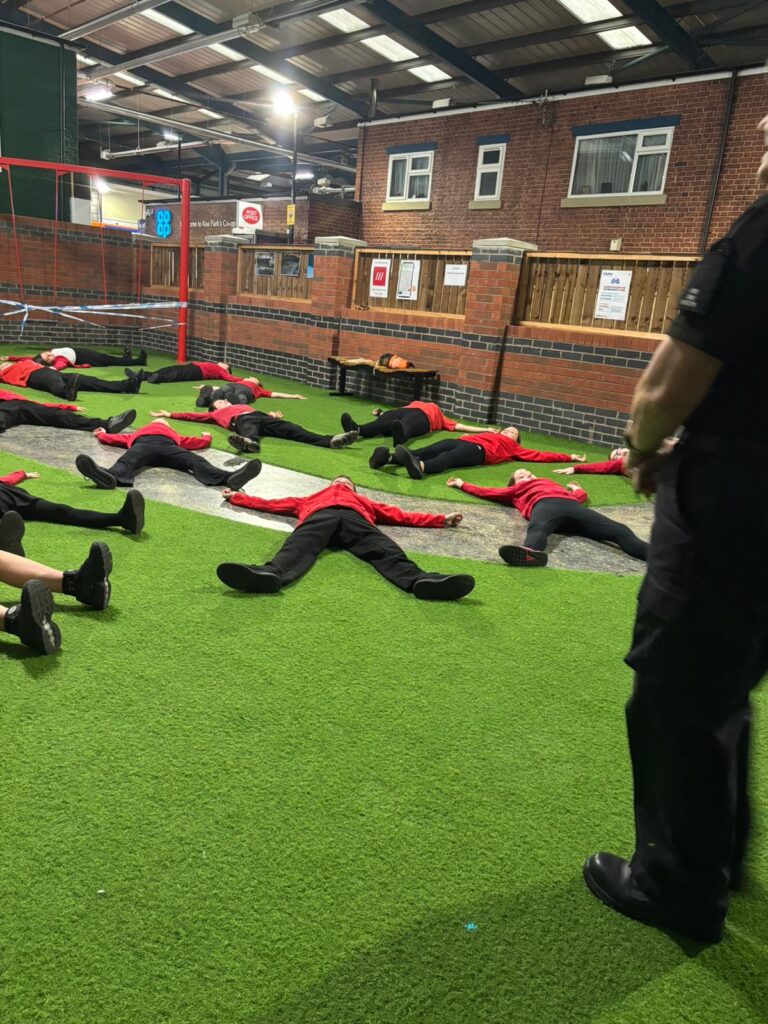
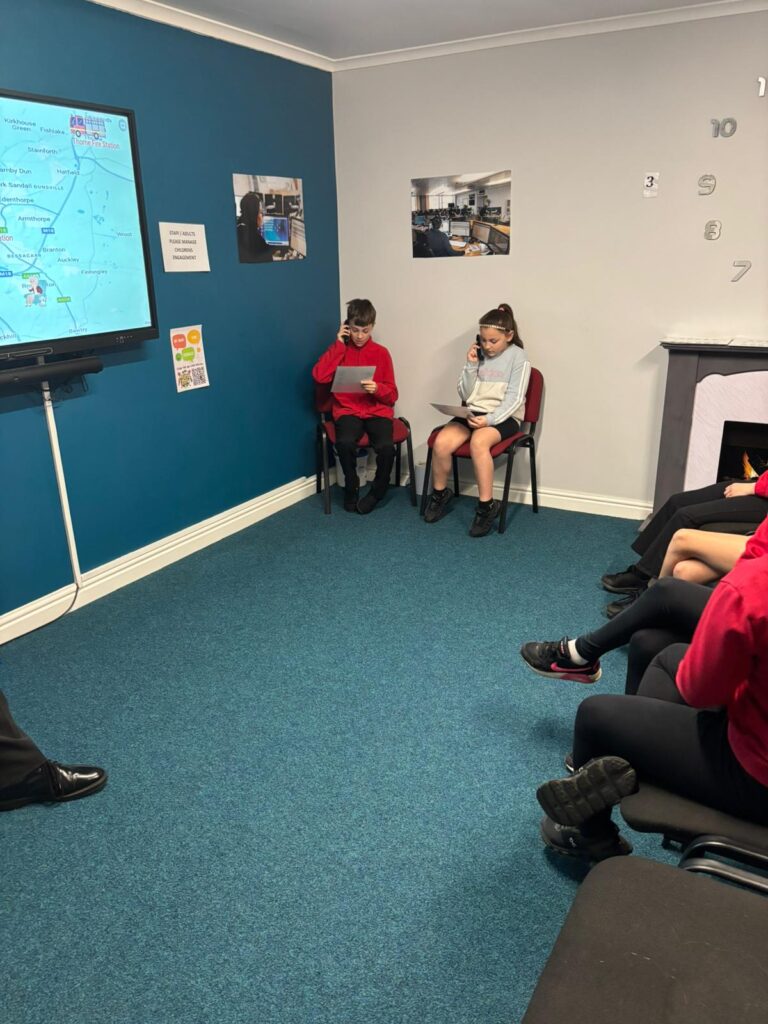
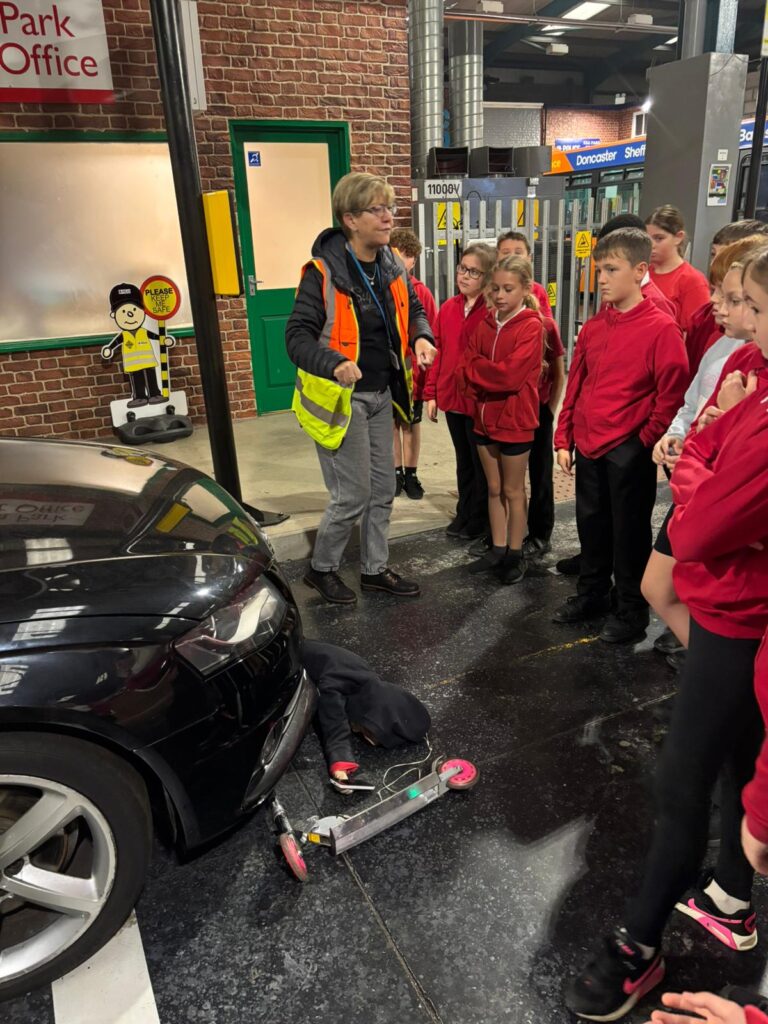
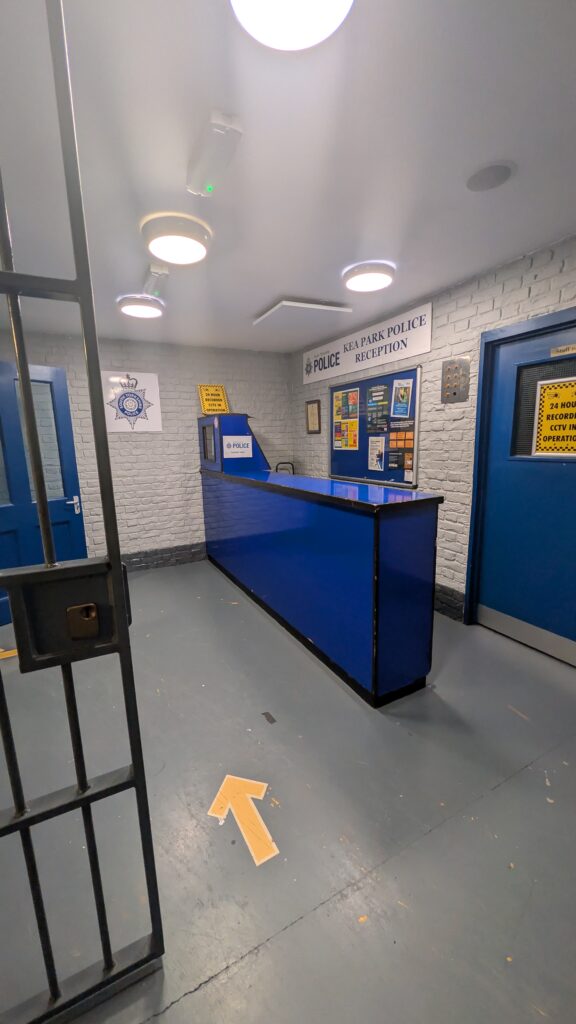
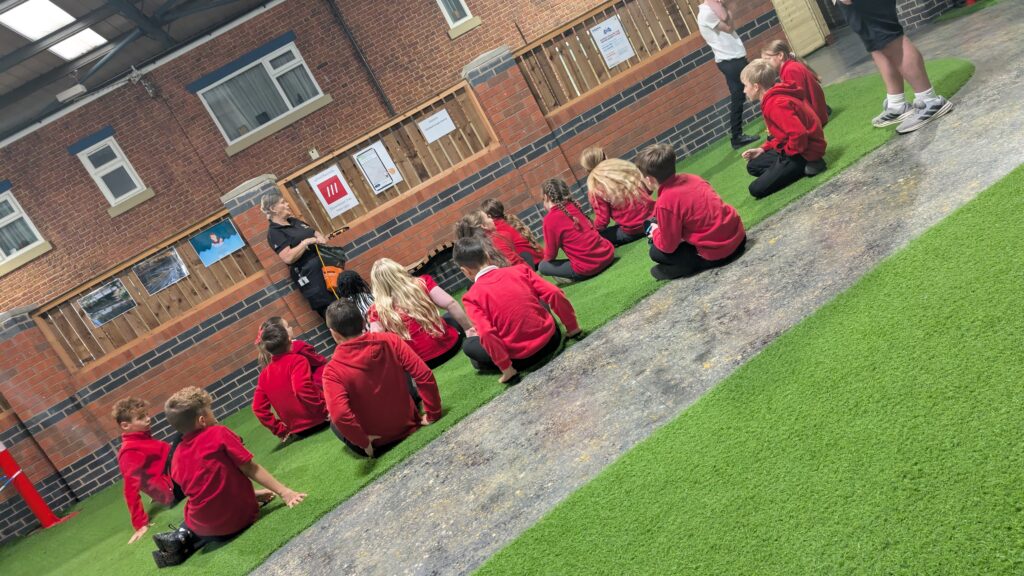
Crew Colclough
Yesterday in Crew Colclough, we began our independent writing. We have created our own historical narratives based on the book ‘Escape from Pompeii’. Today we will move onto editing and publishing our own stories.
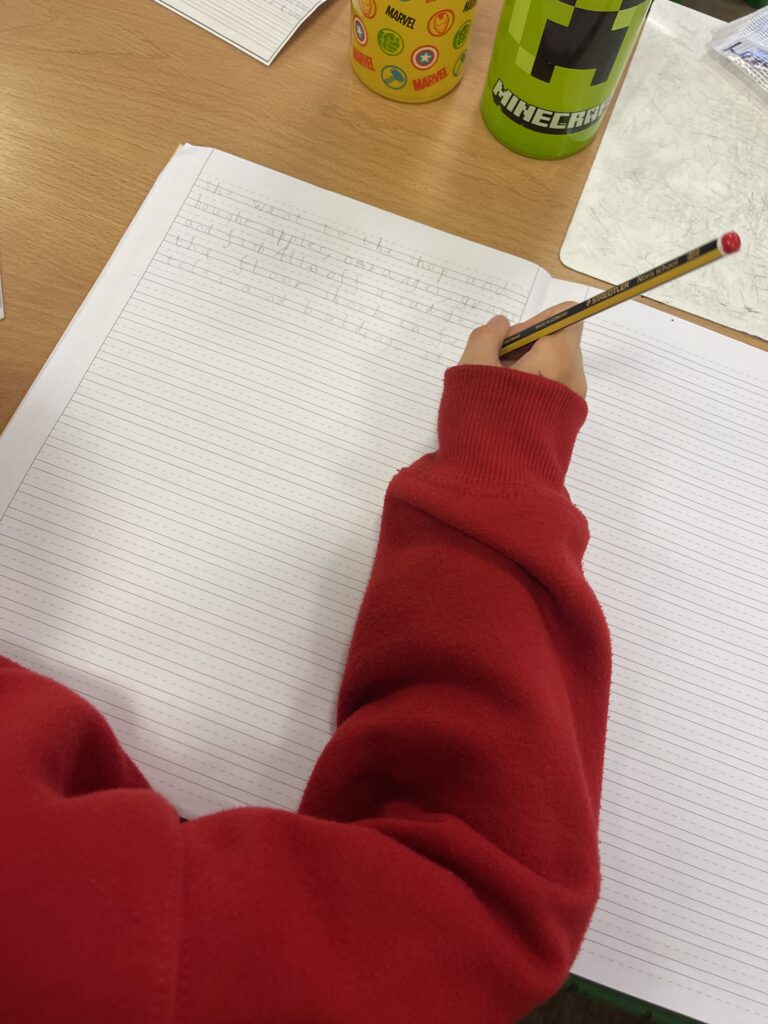
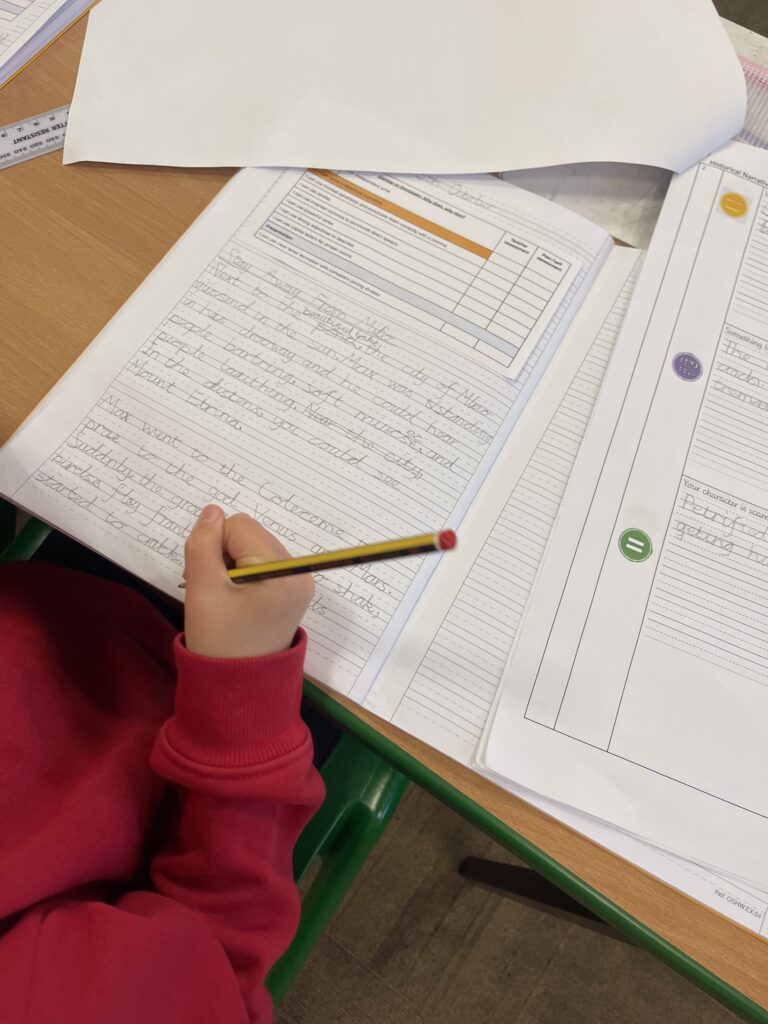
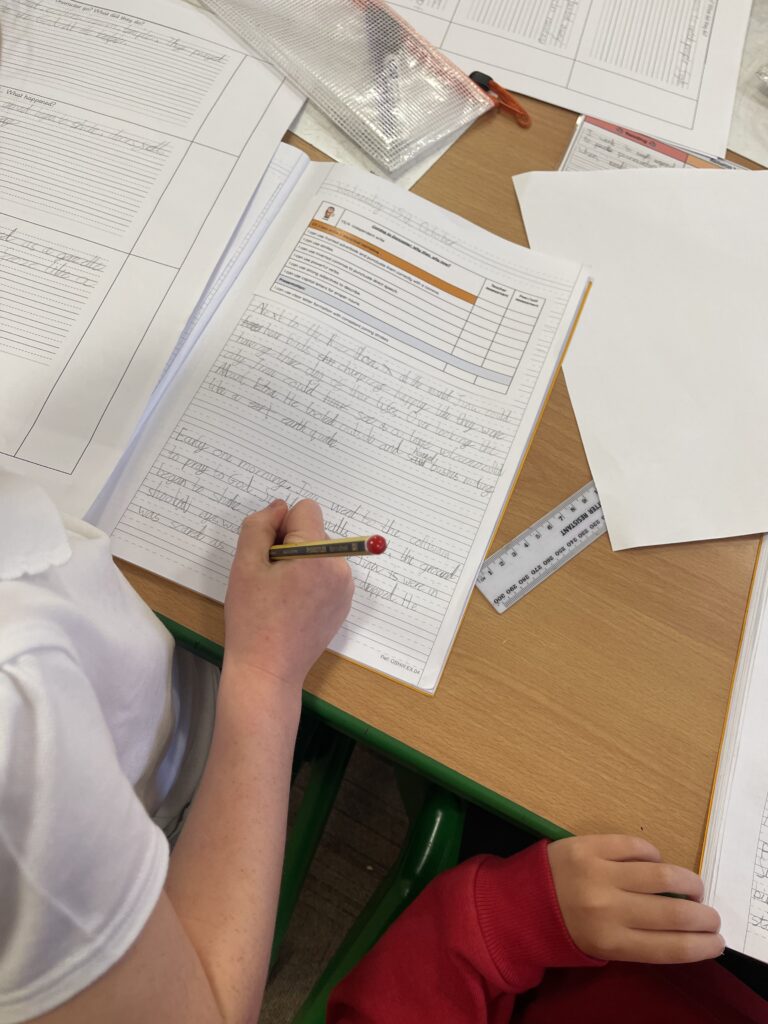
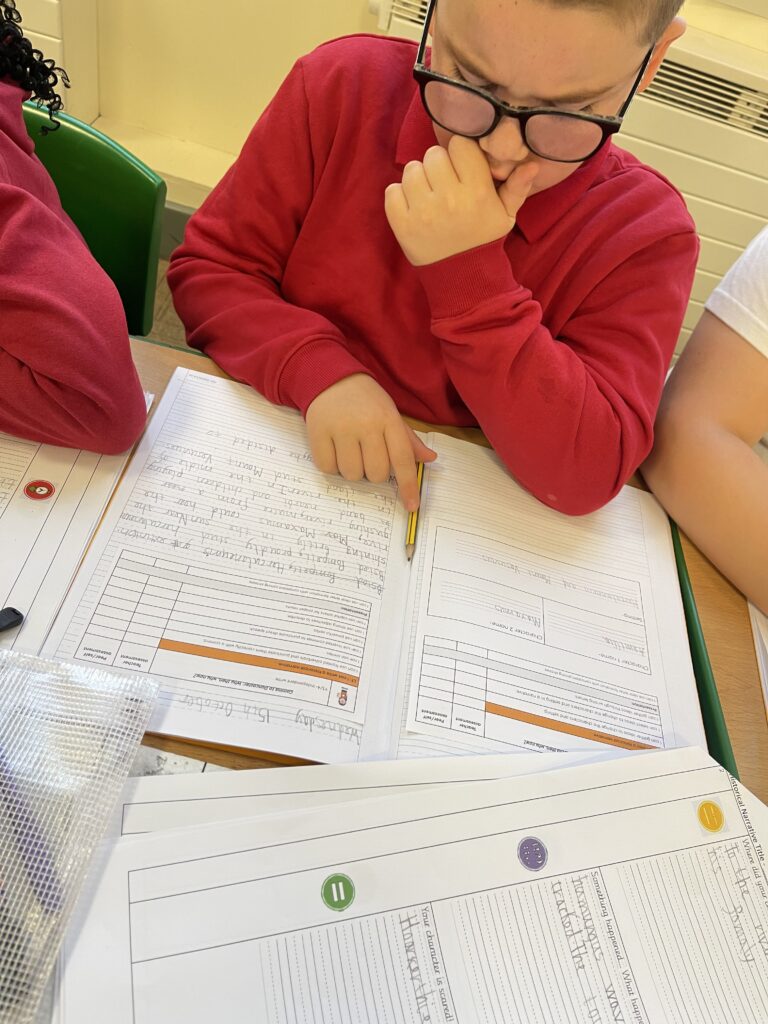
Mixing colours in Crew Ramsay!
We have loved our learning about primary and secondary colours this week! We used powder paints to make primary colours and then mixed these together to make secondary colours. The children absolutely loved listening to calm music as we got busy. What a lovely Wednesday!
